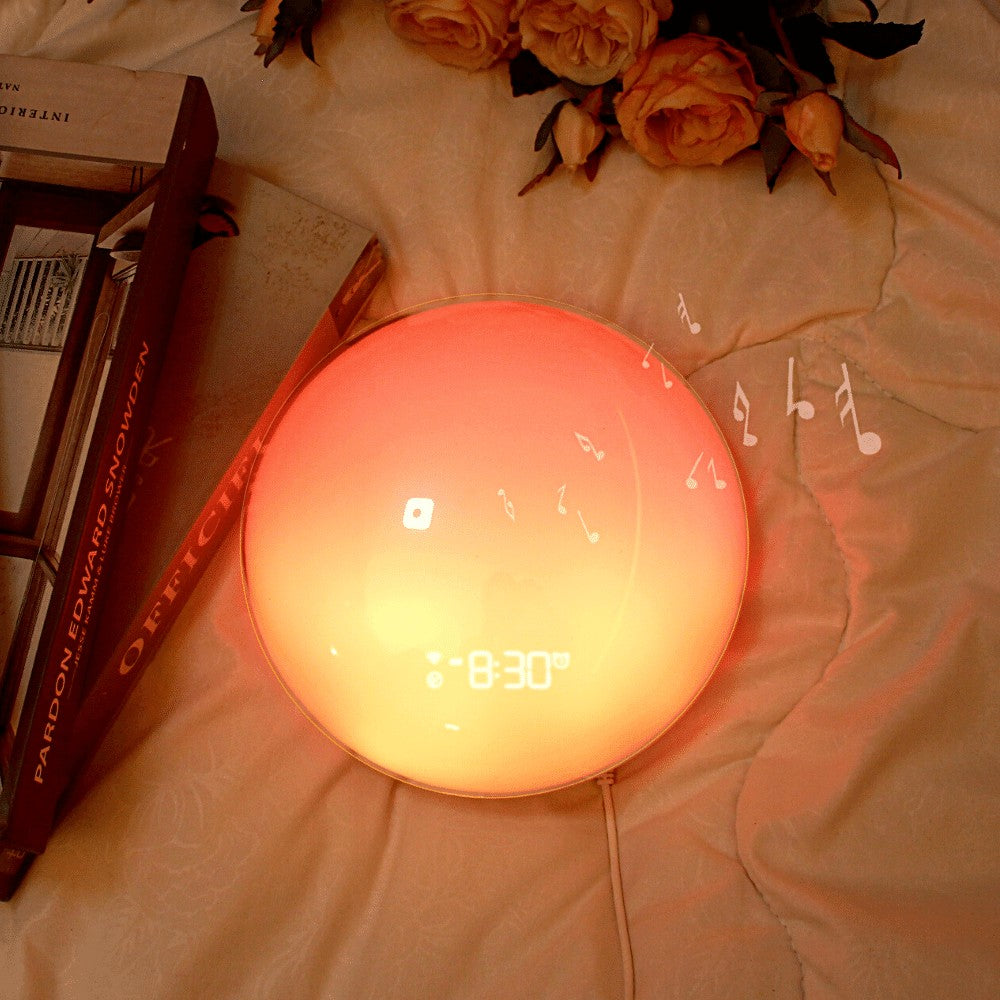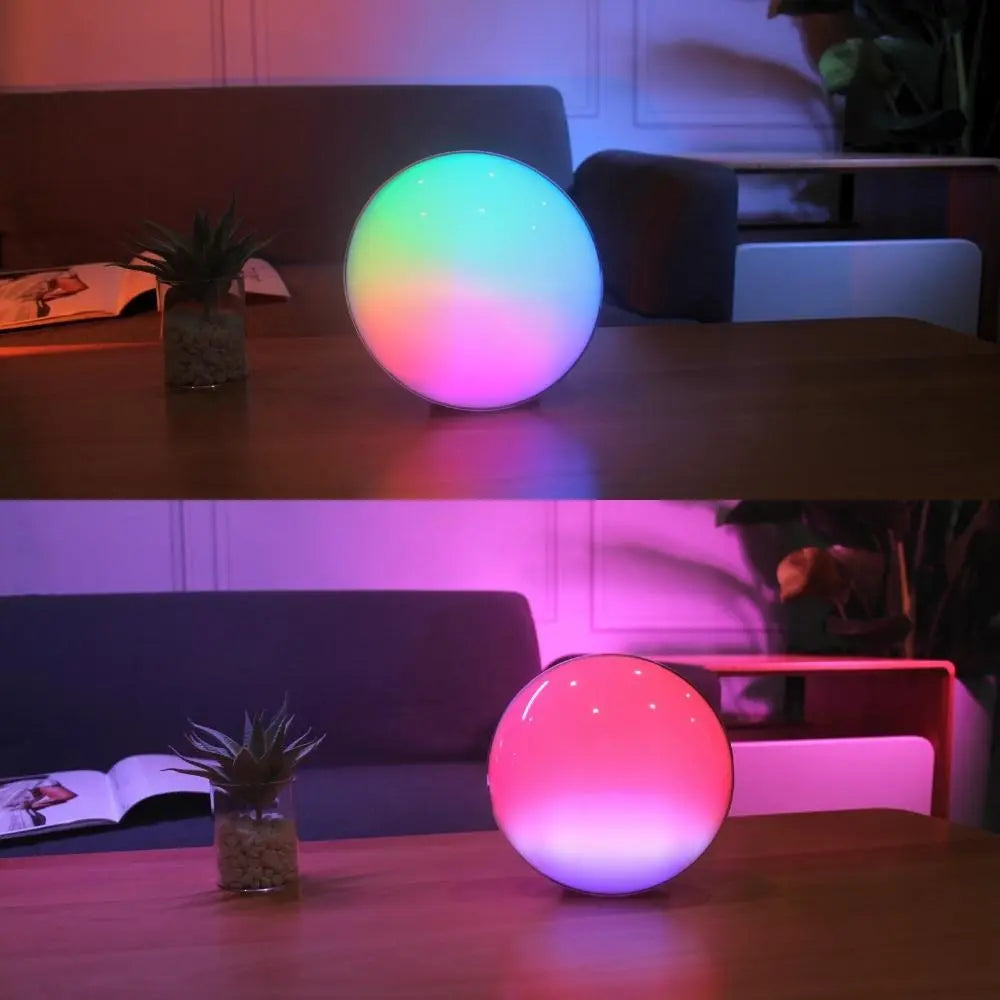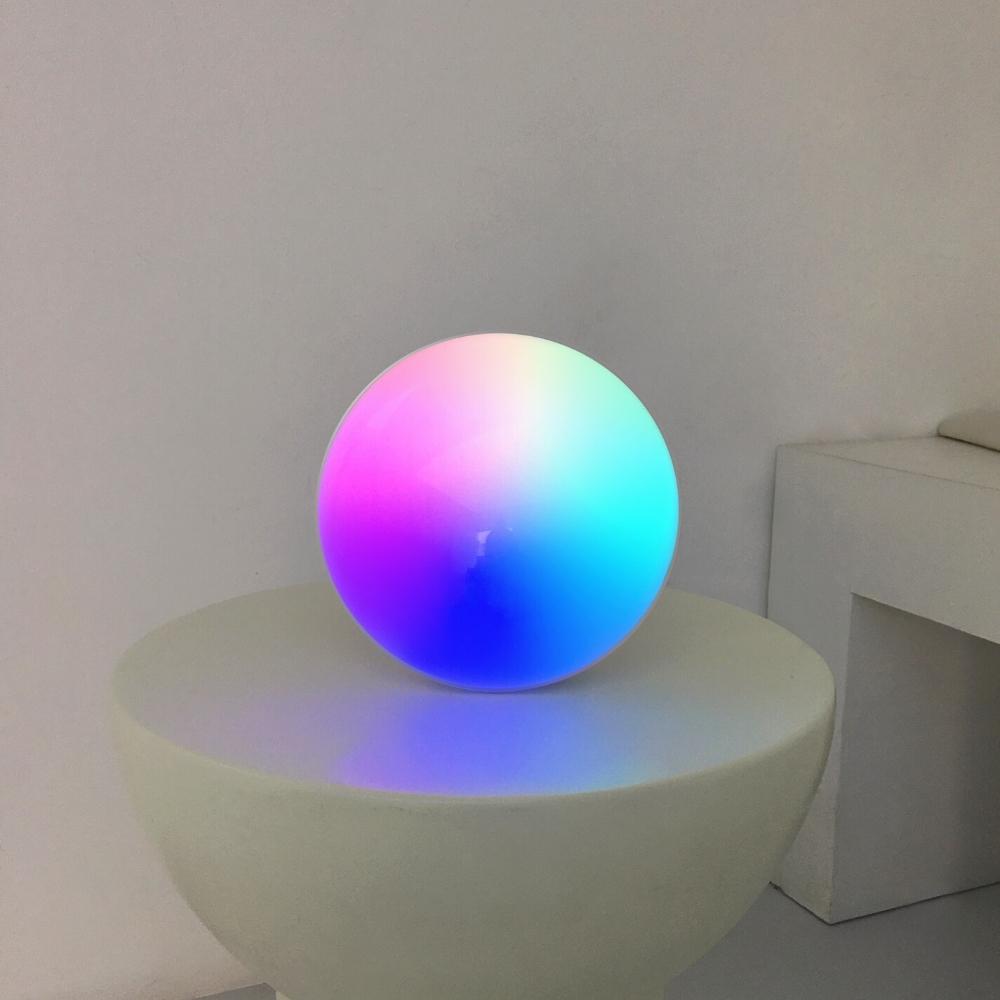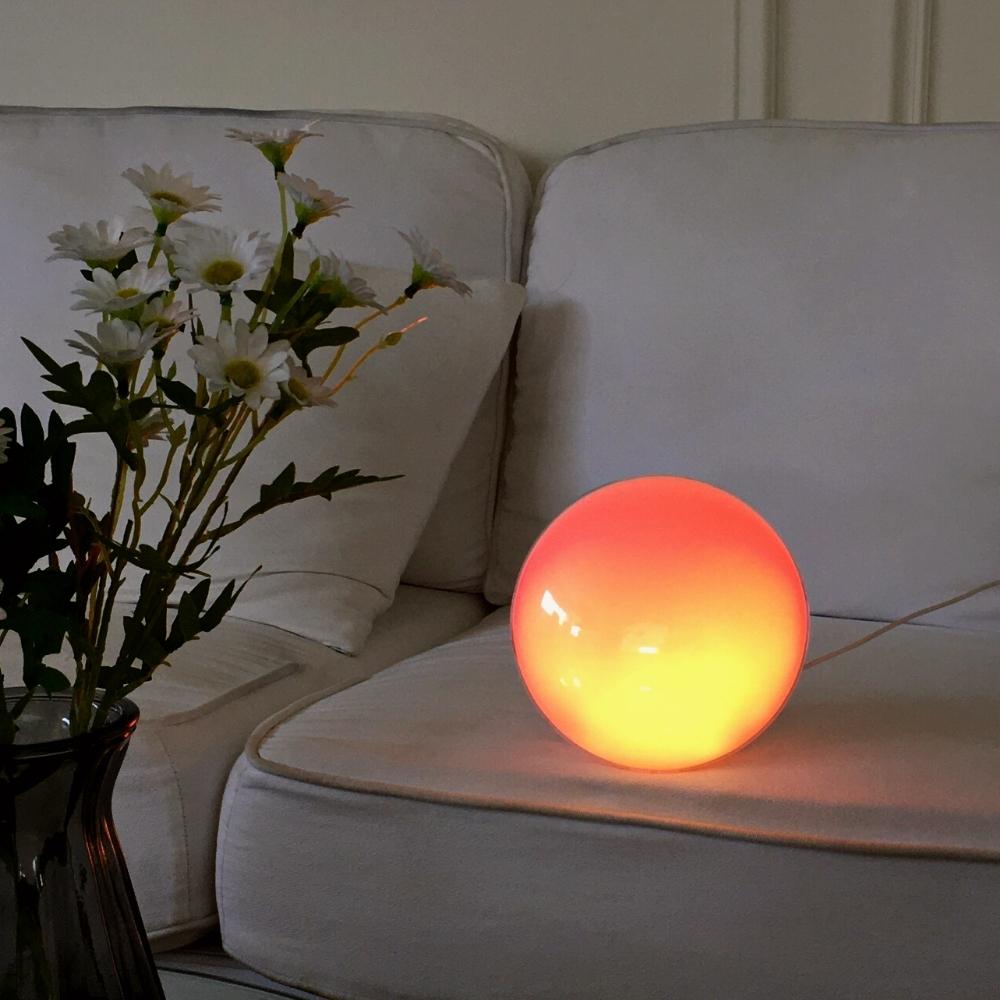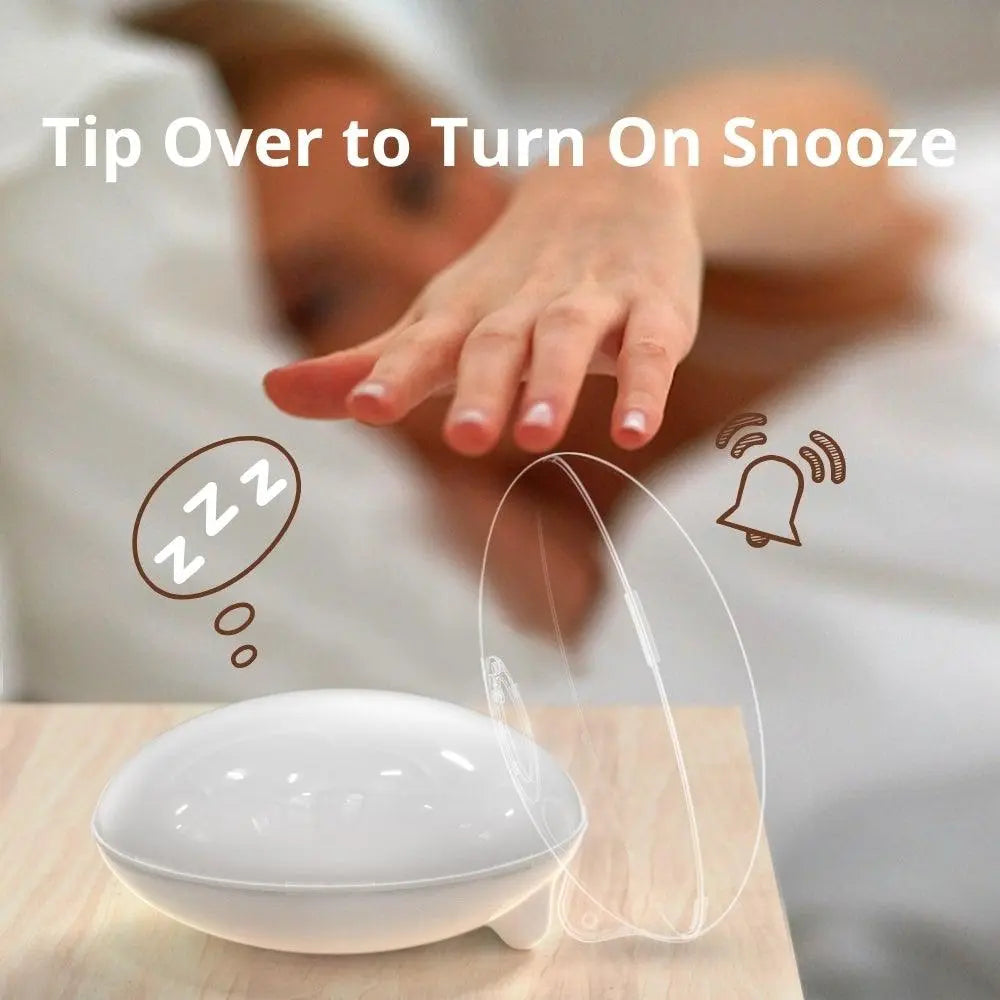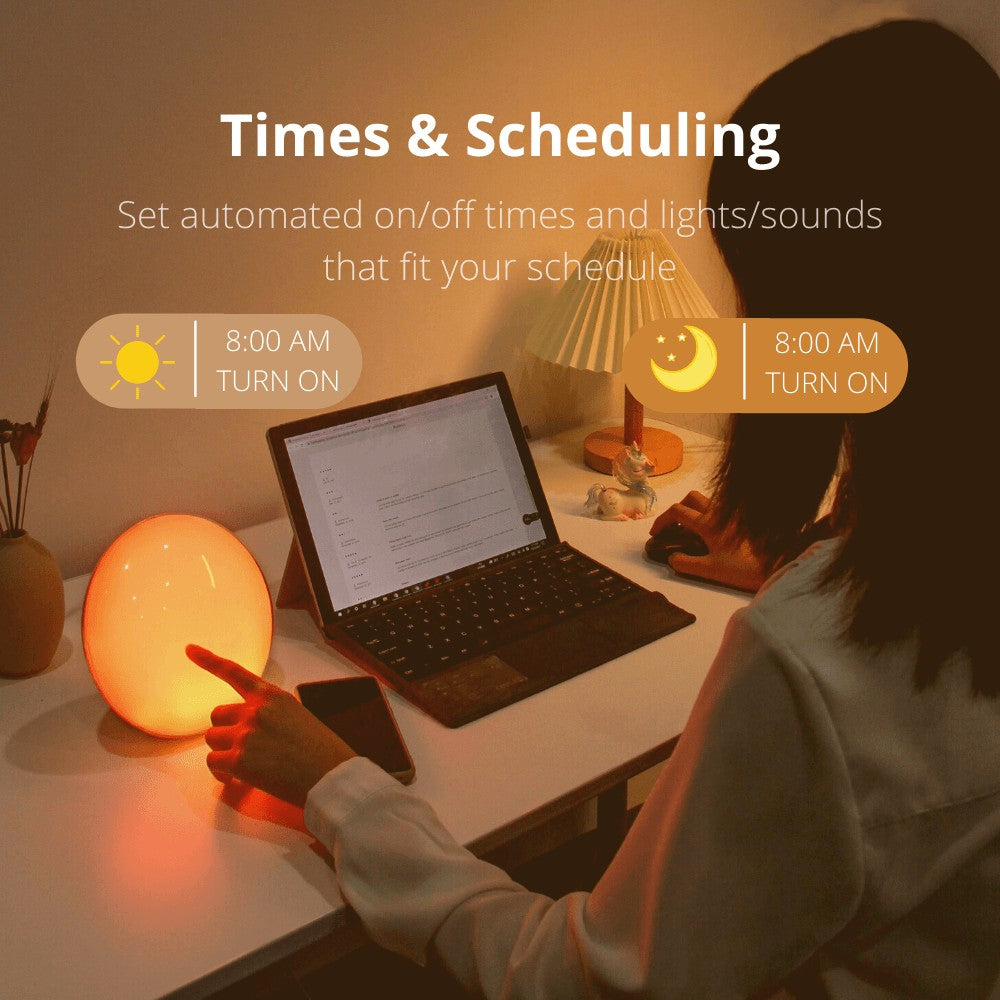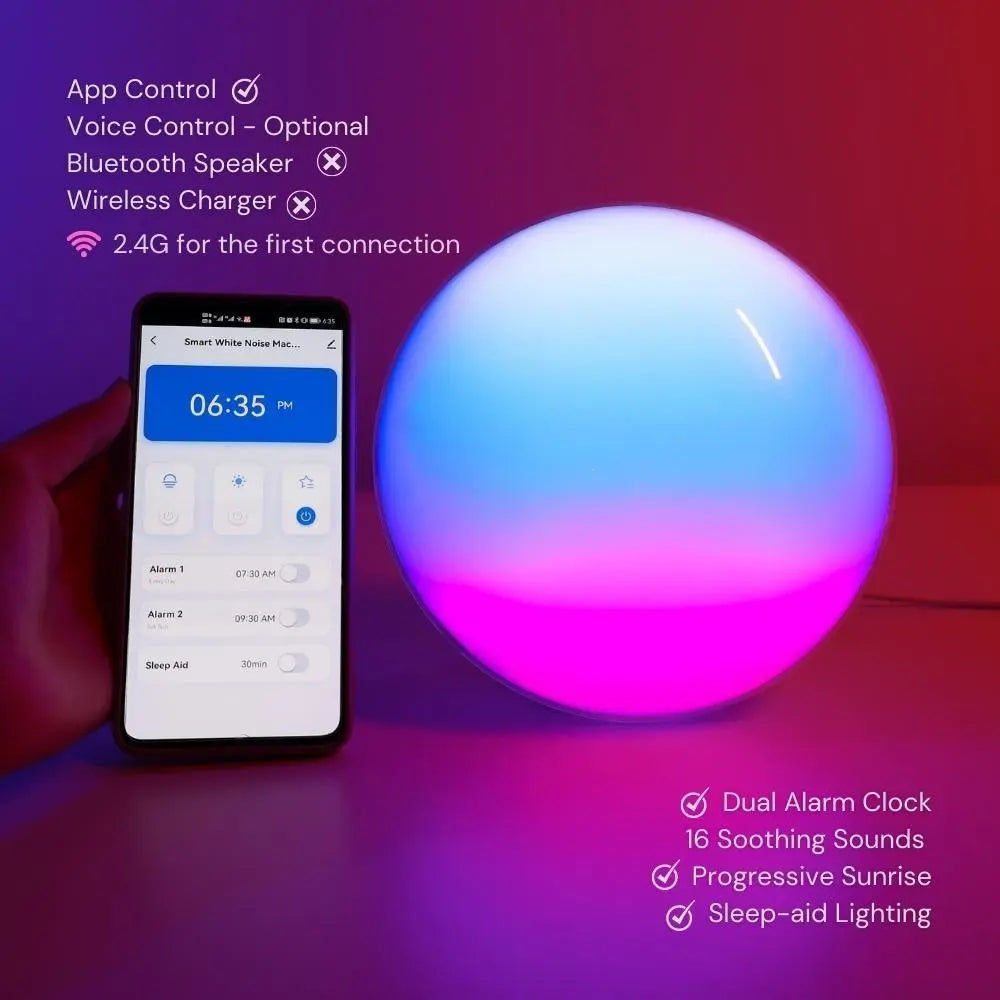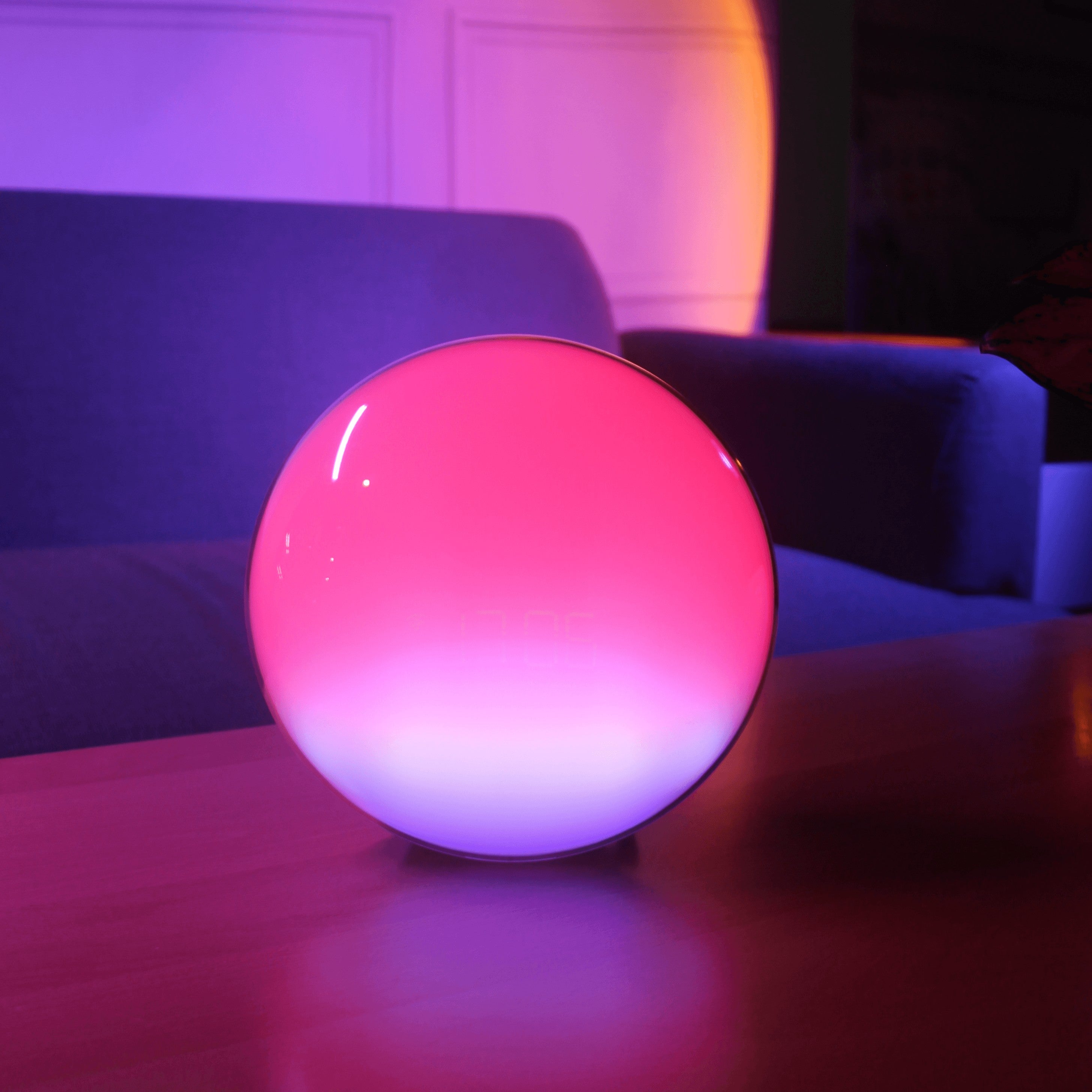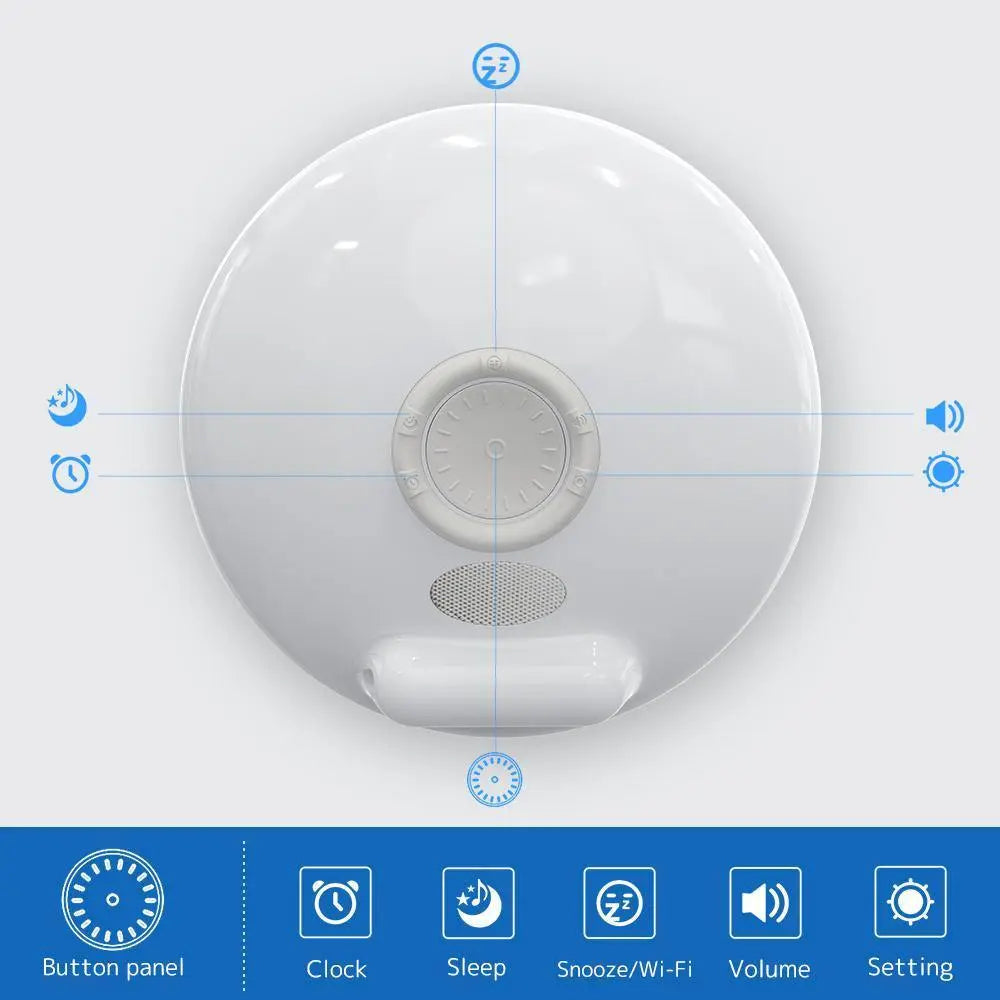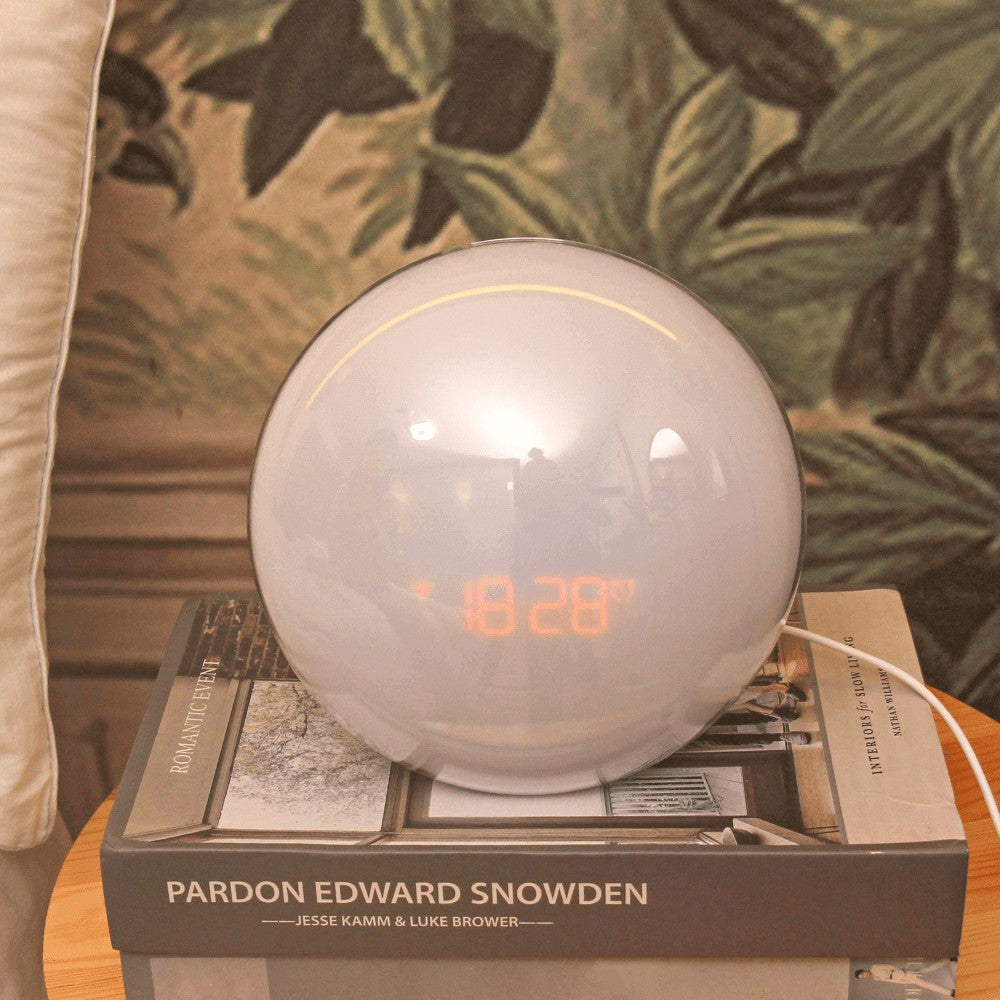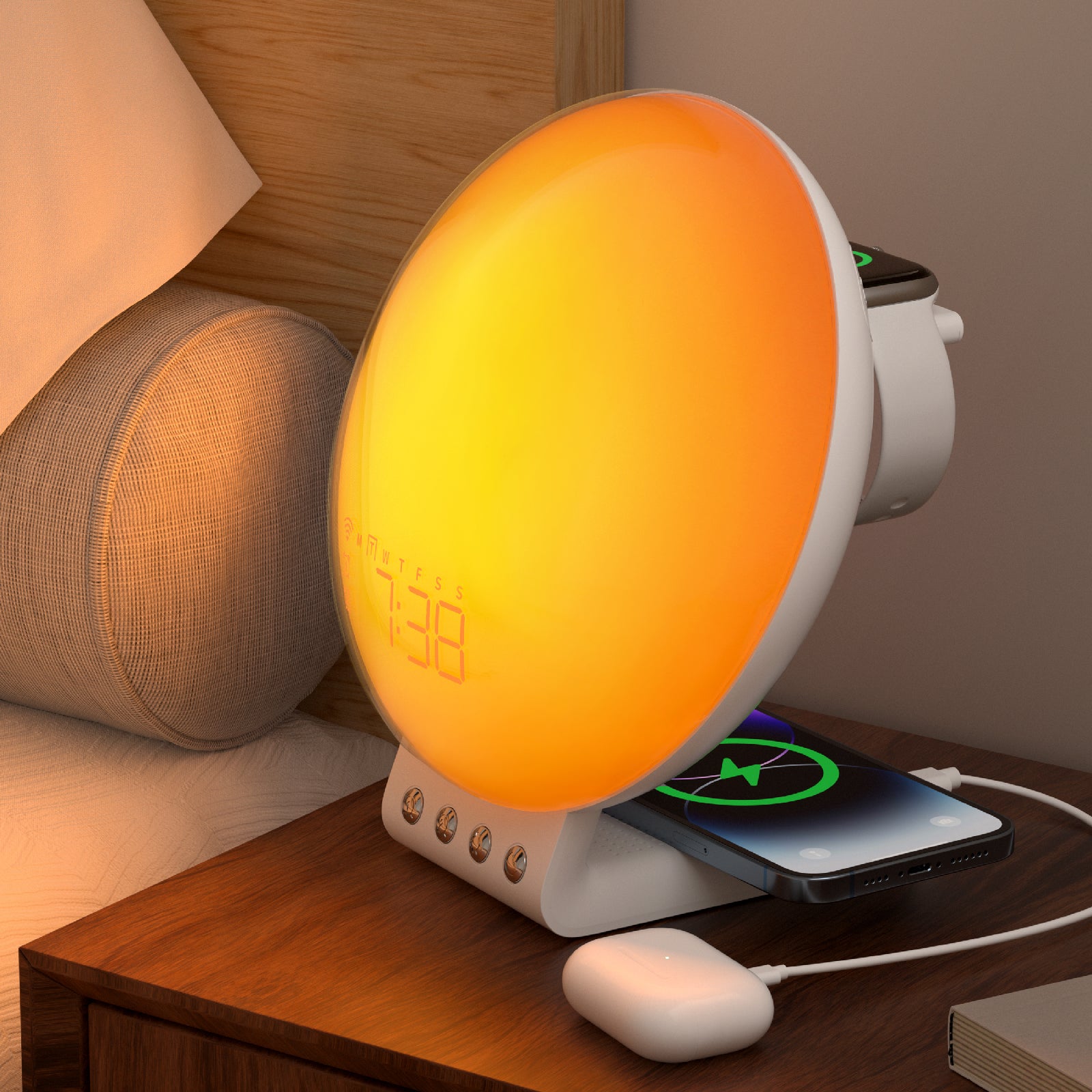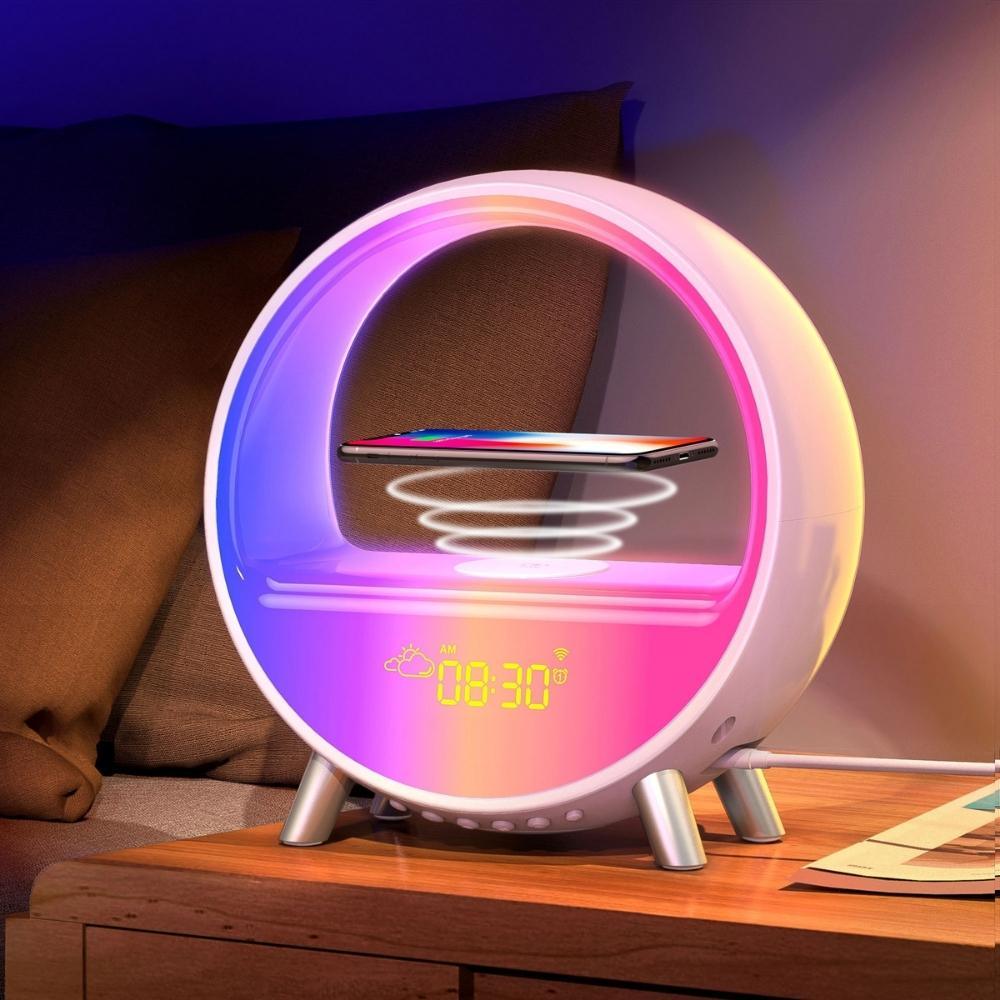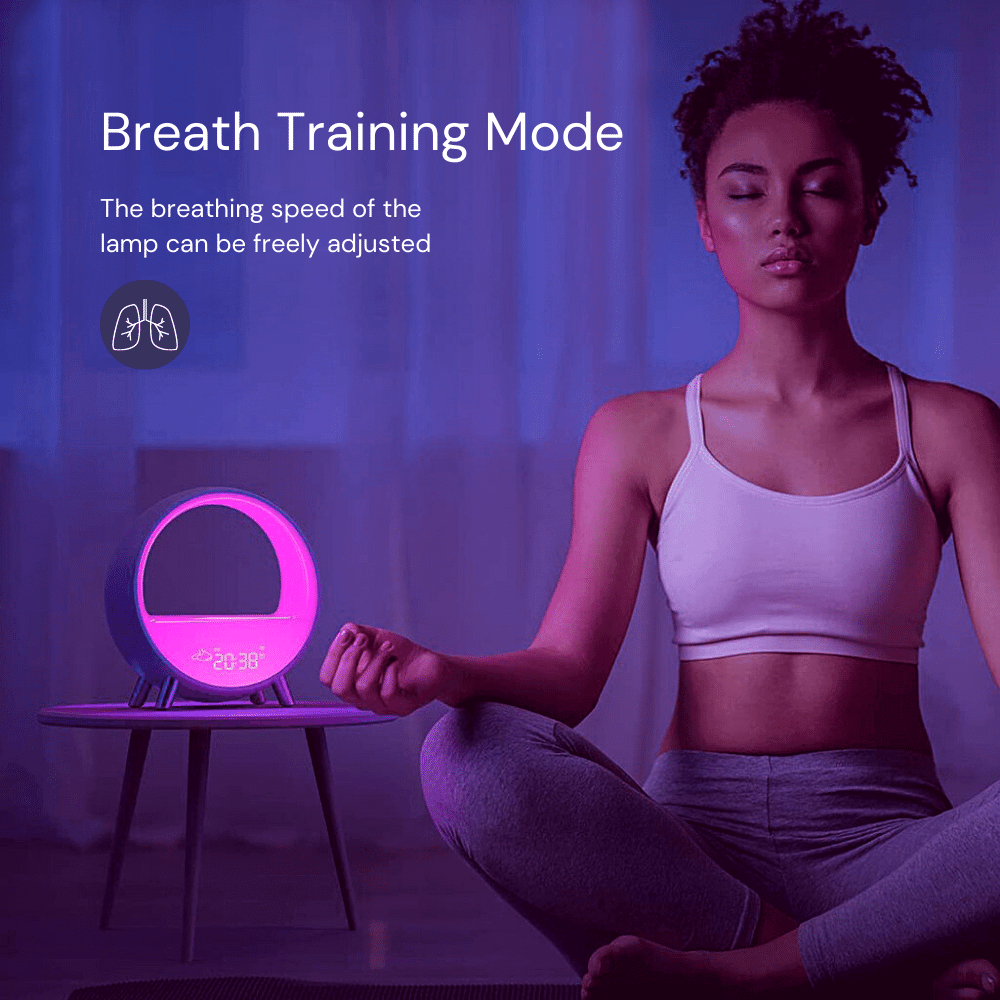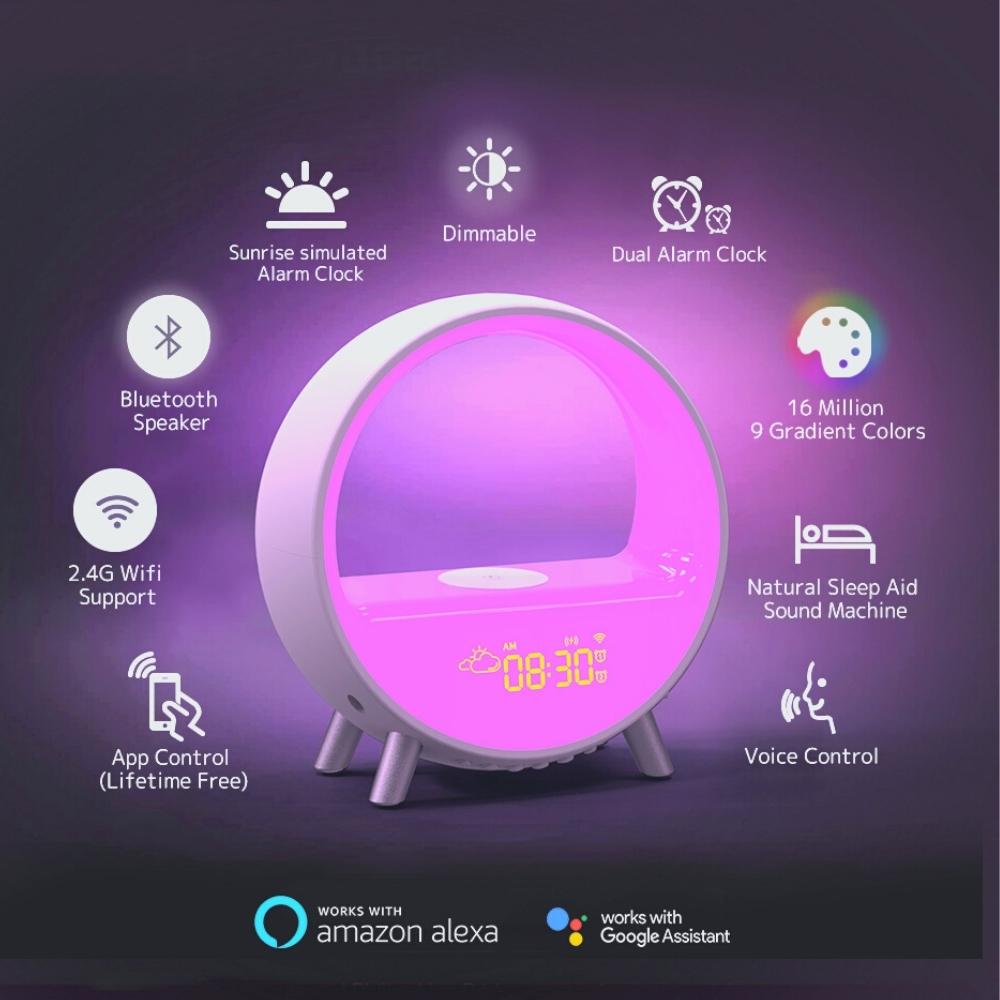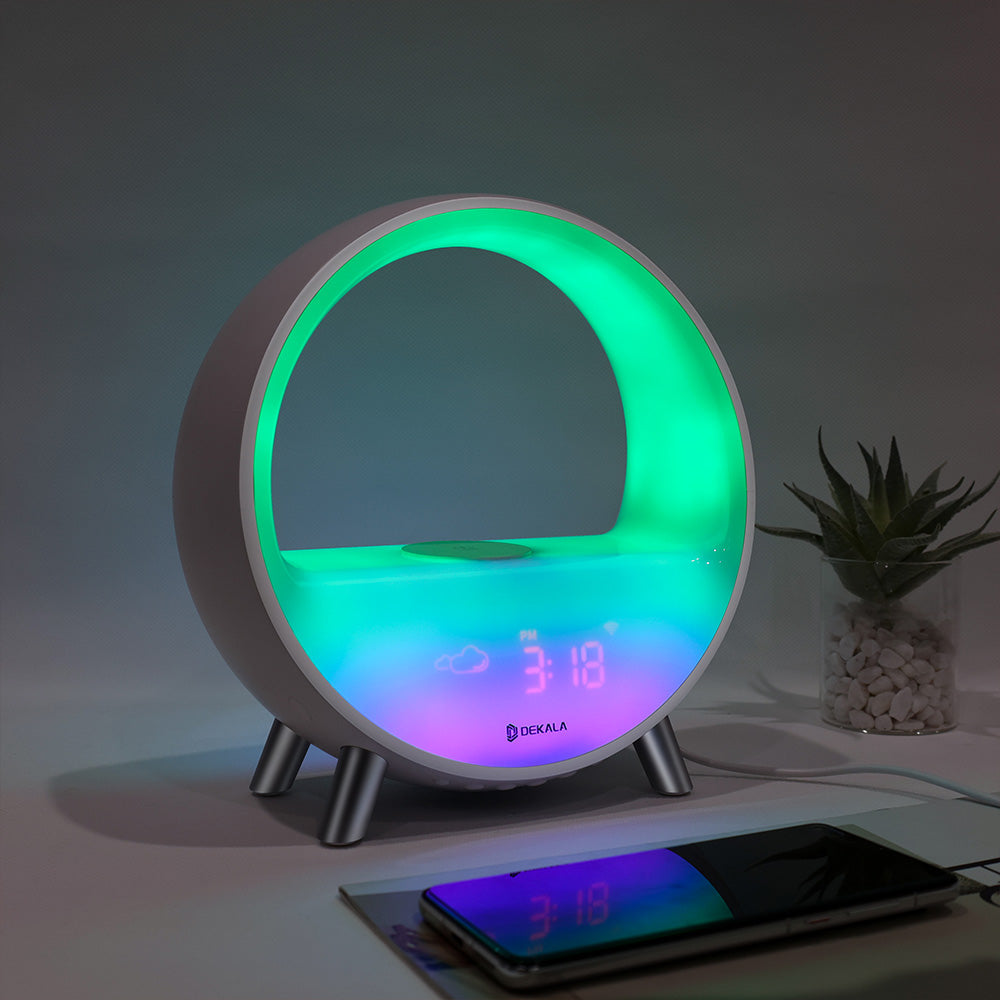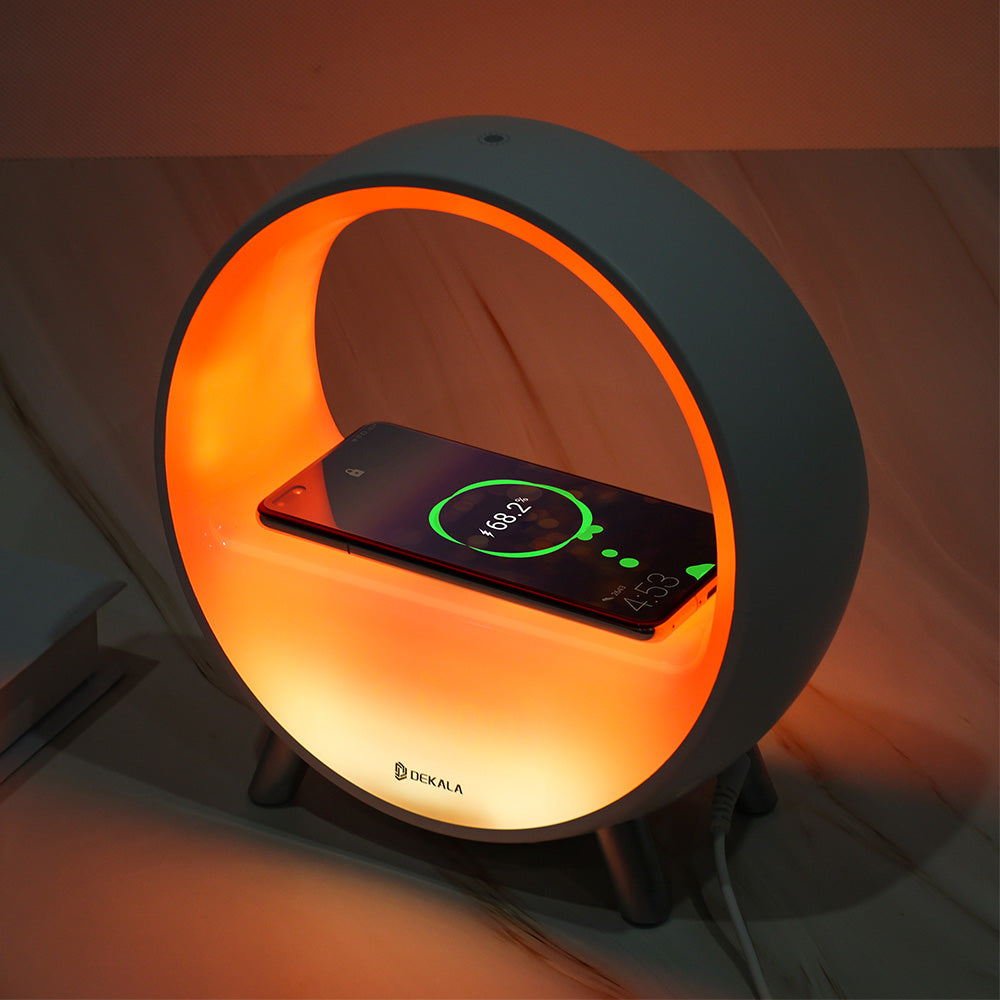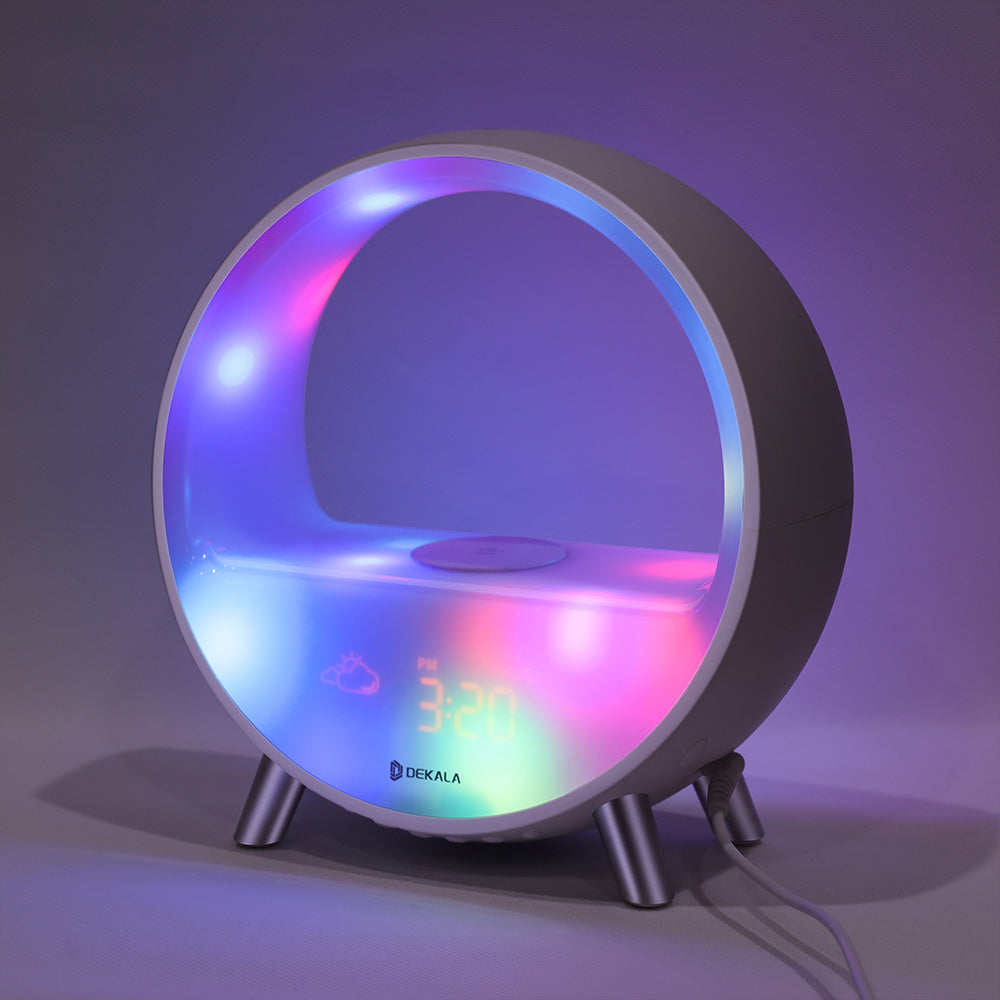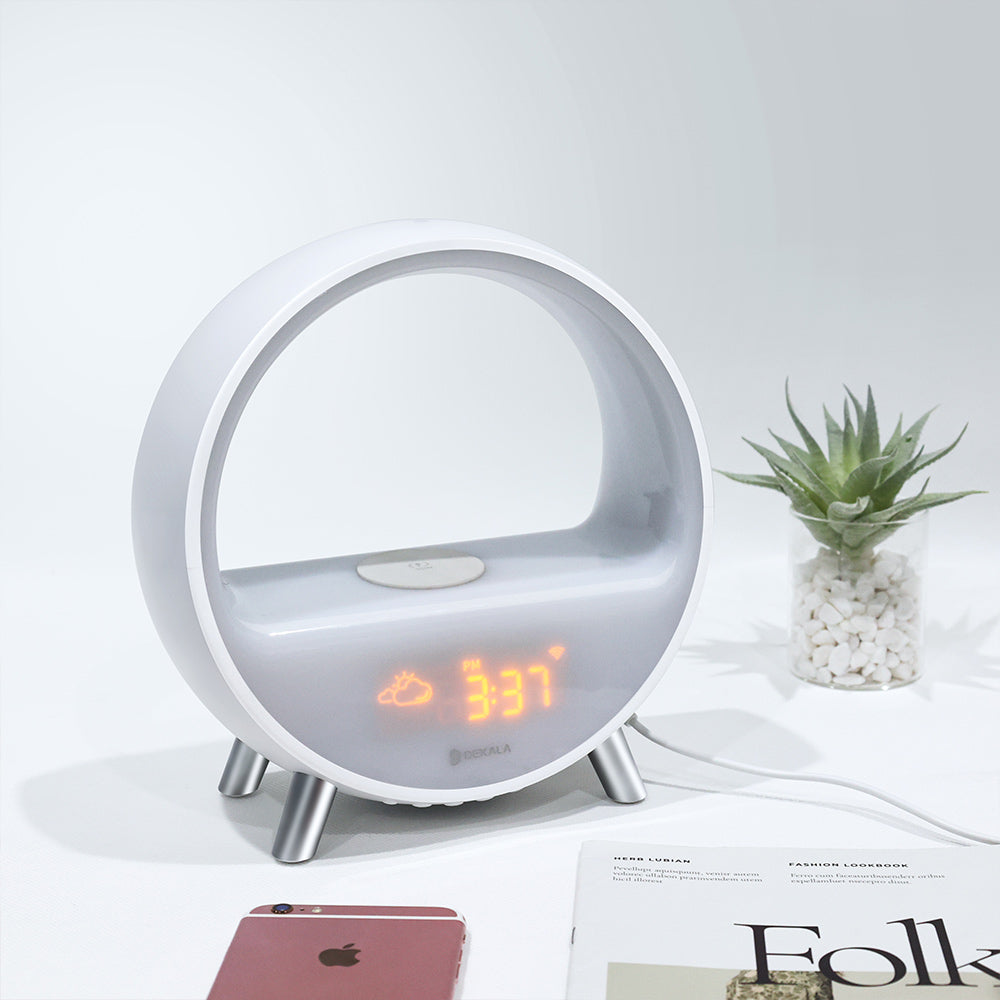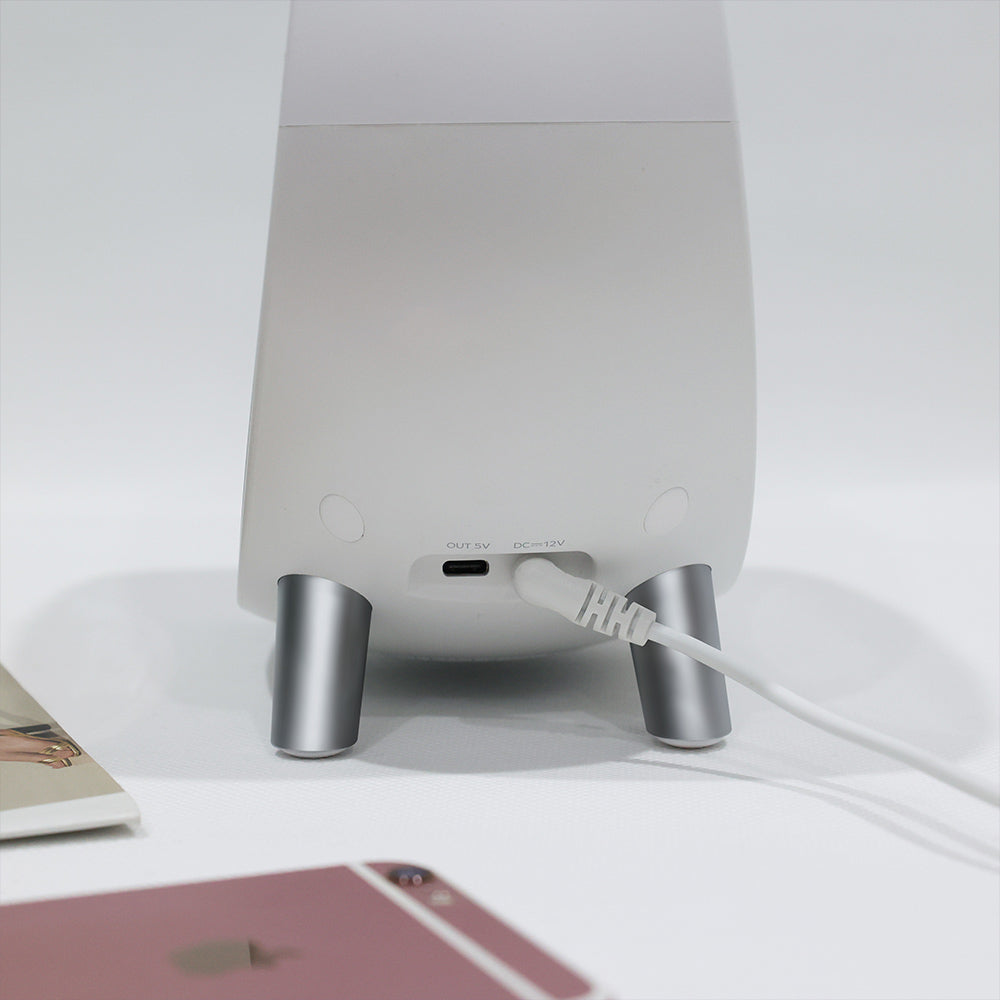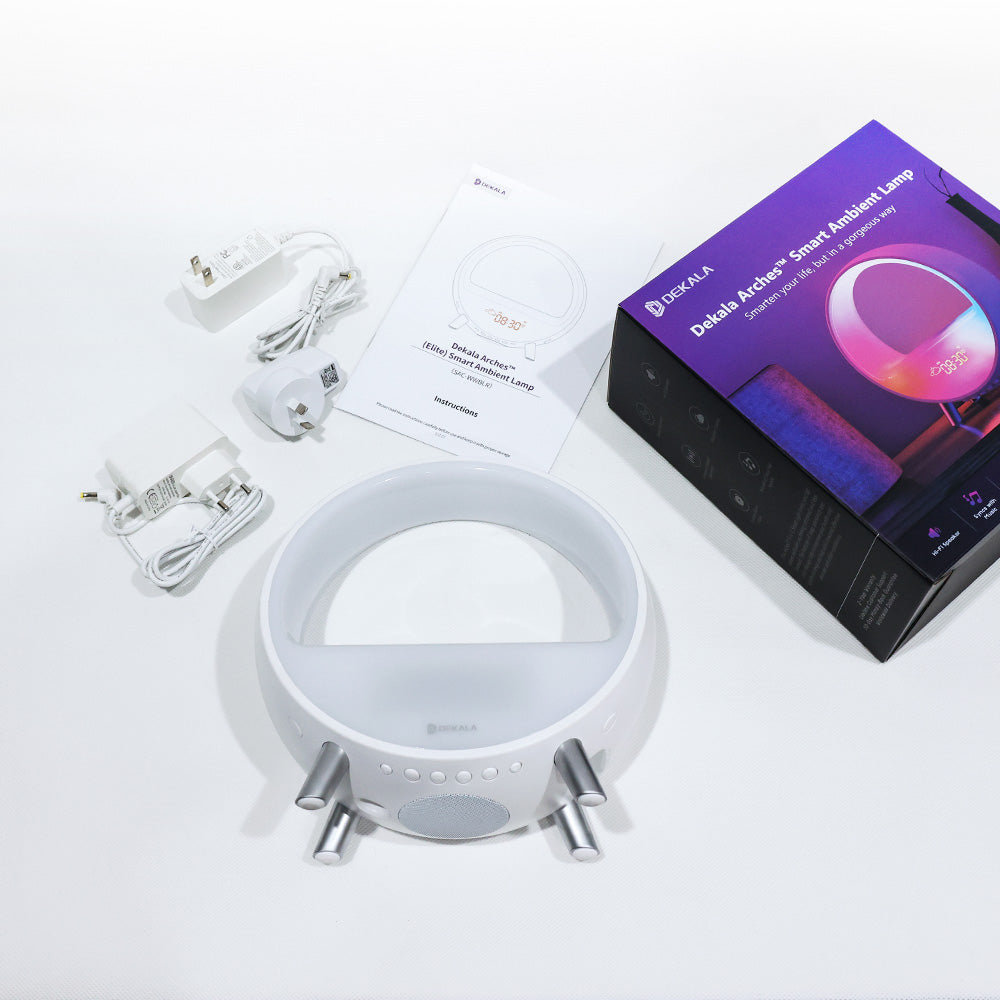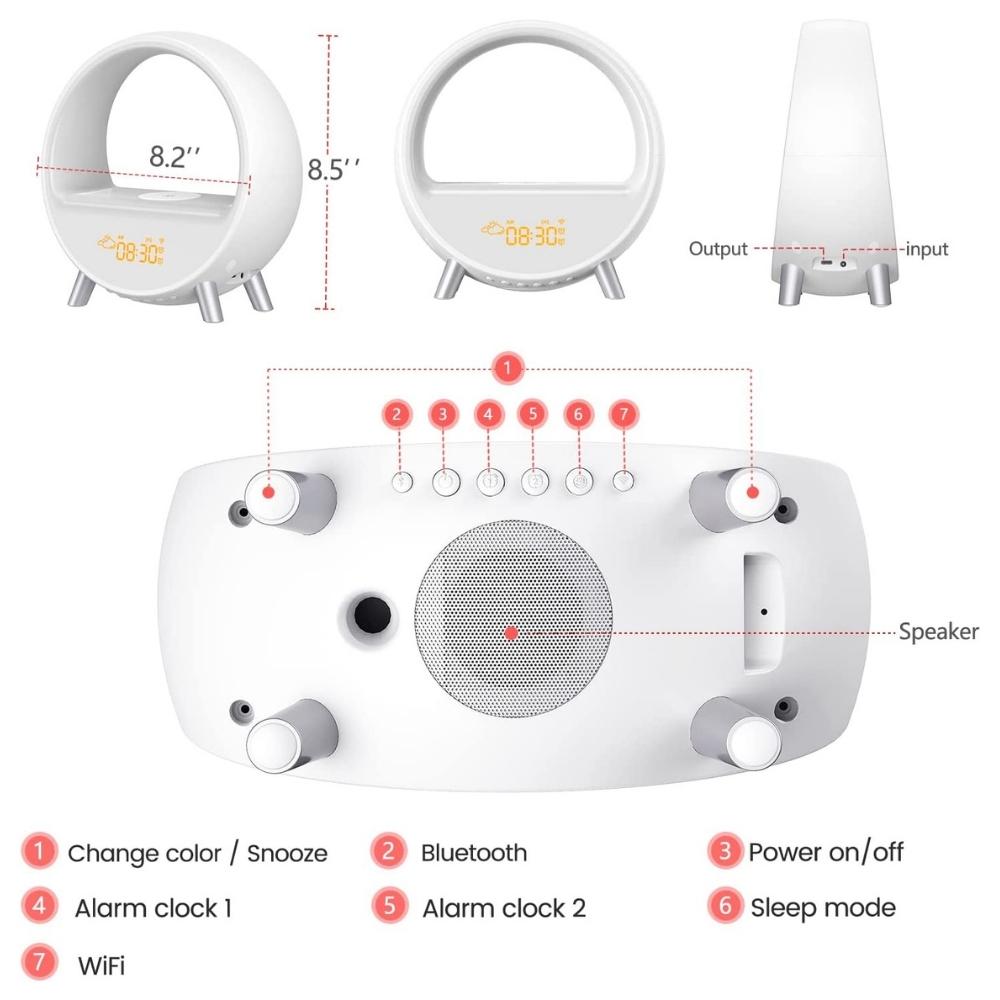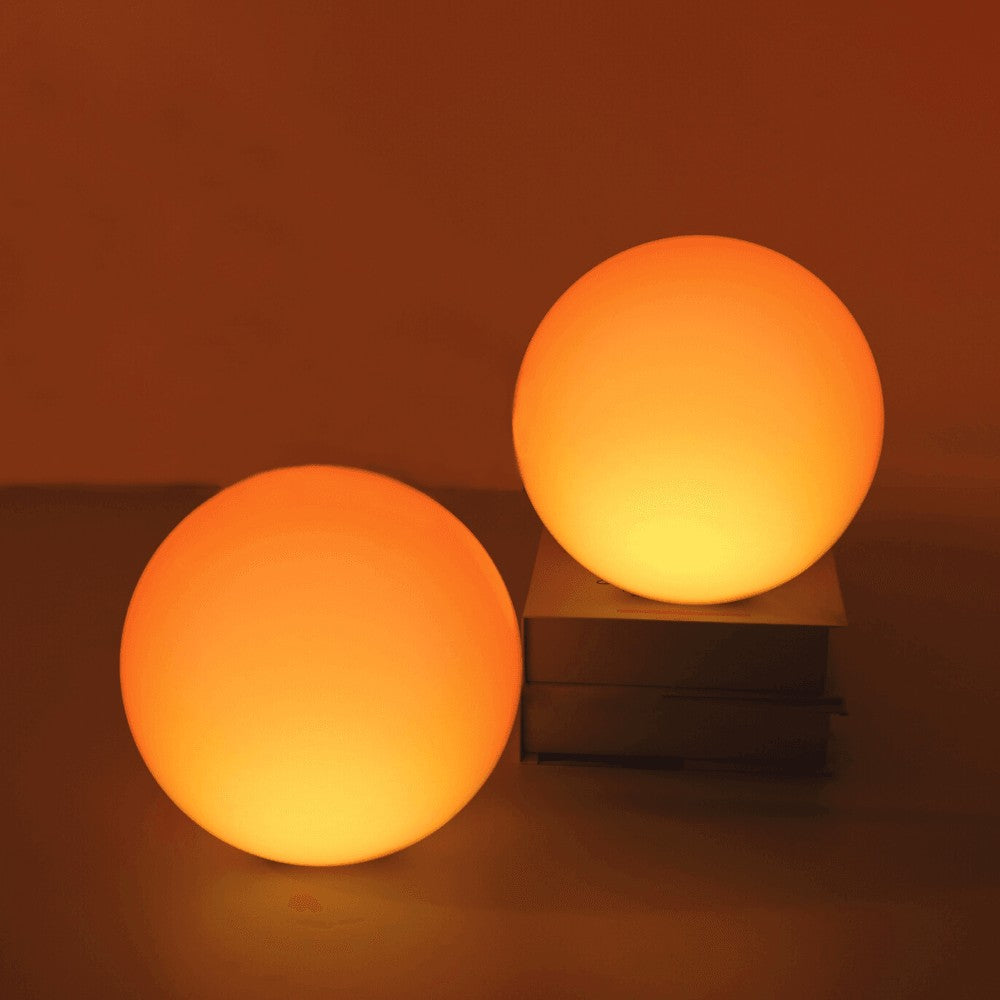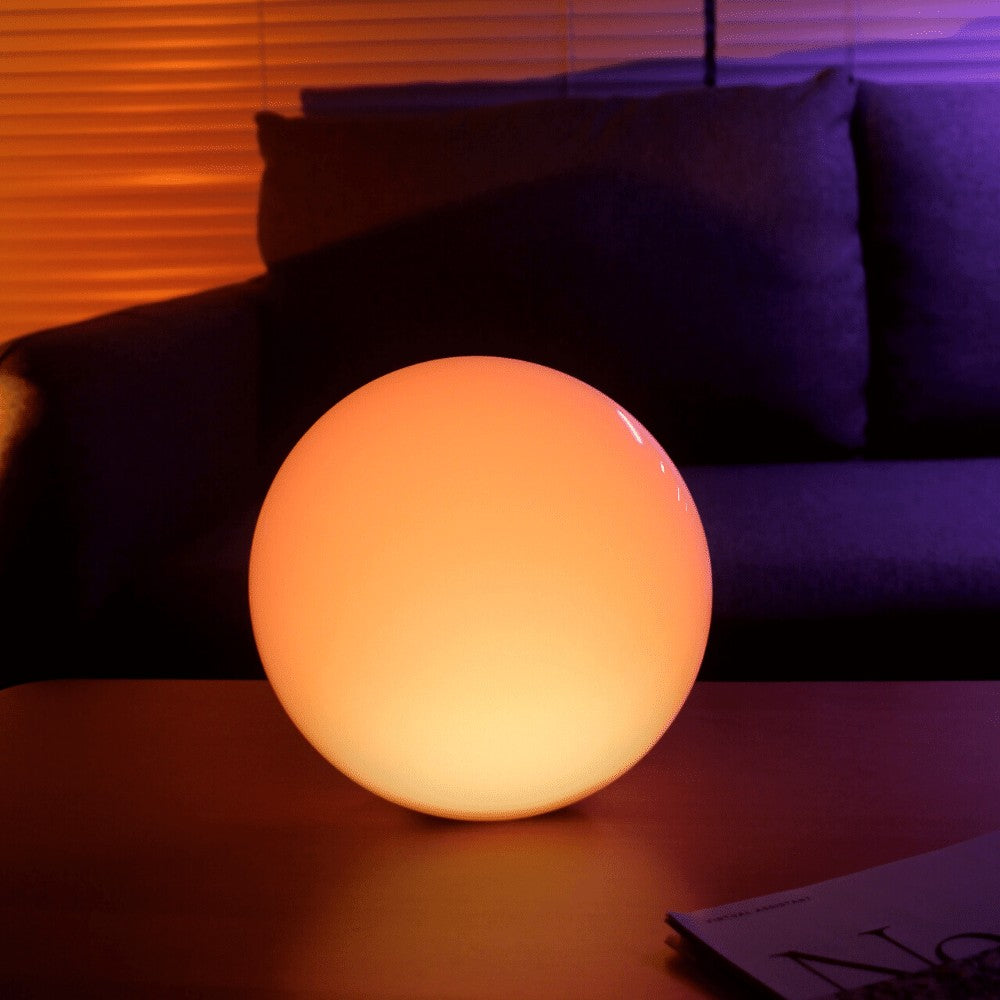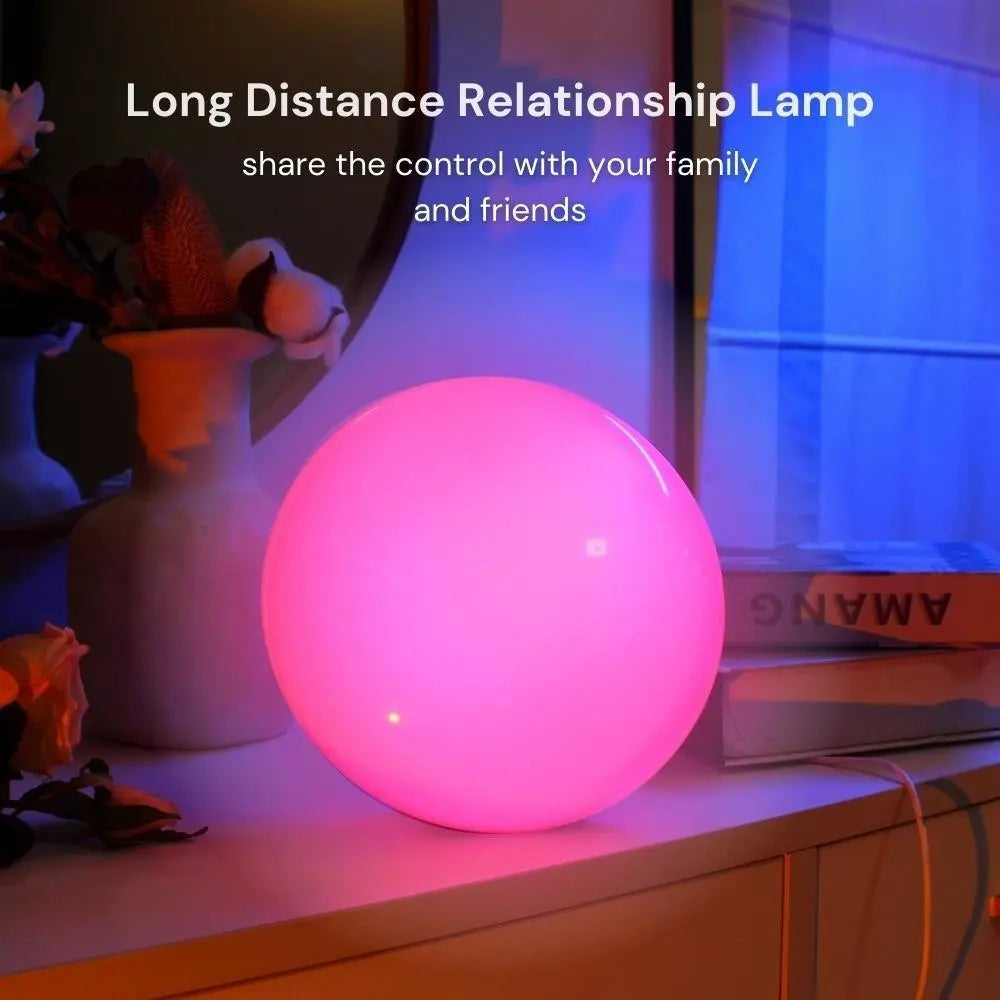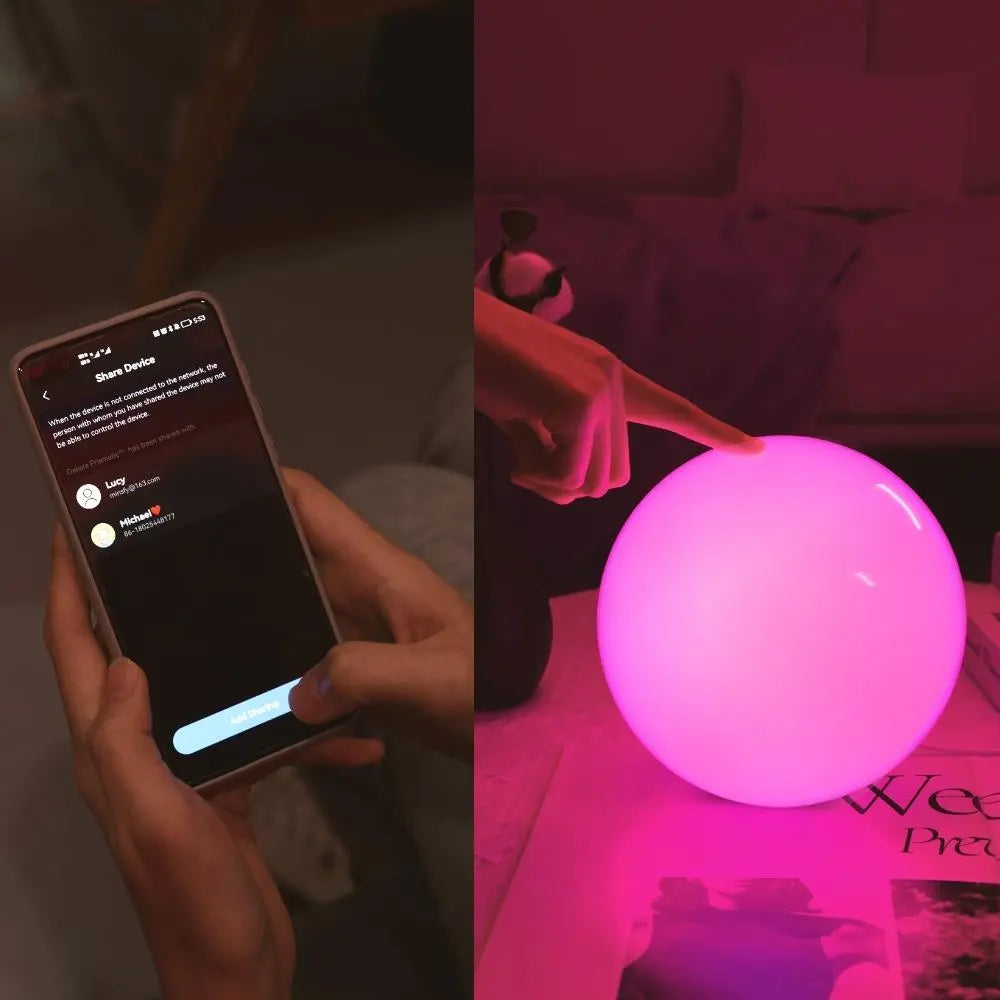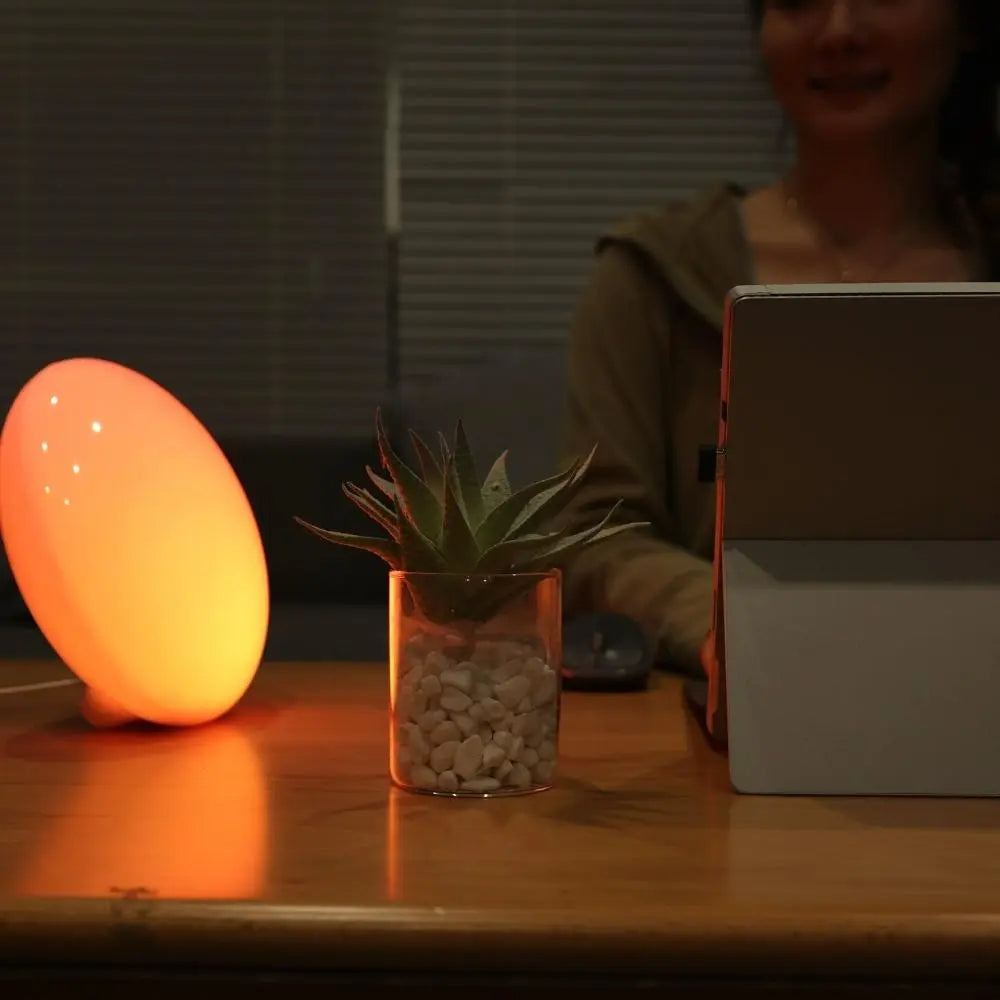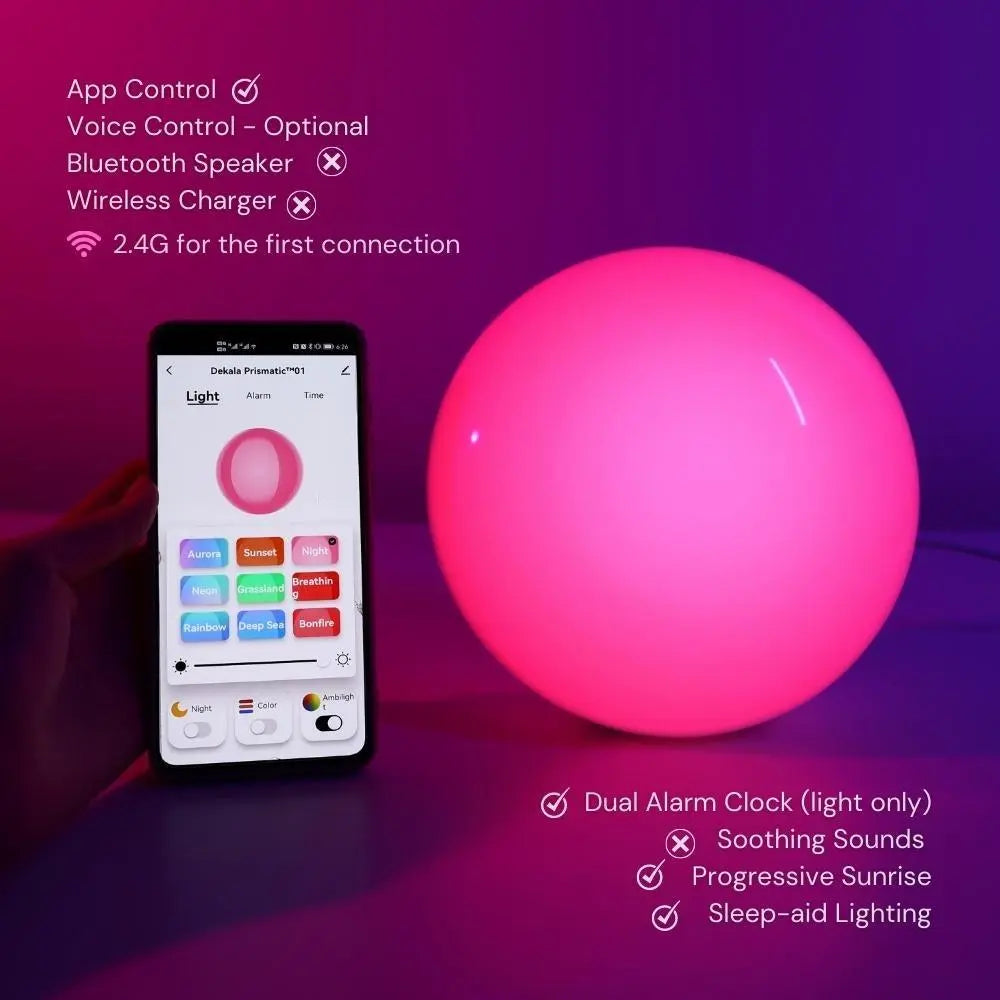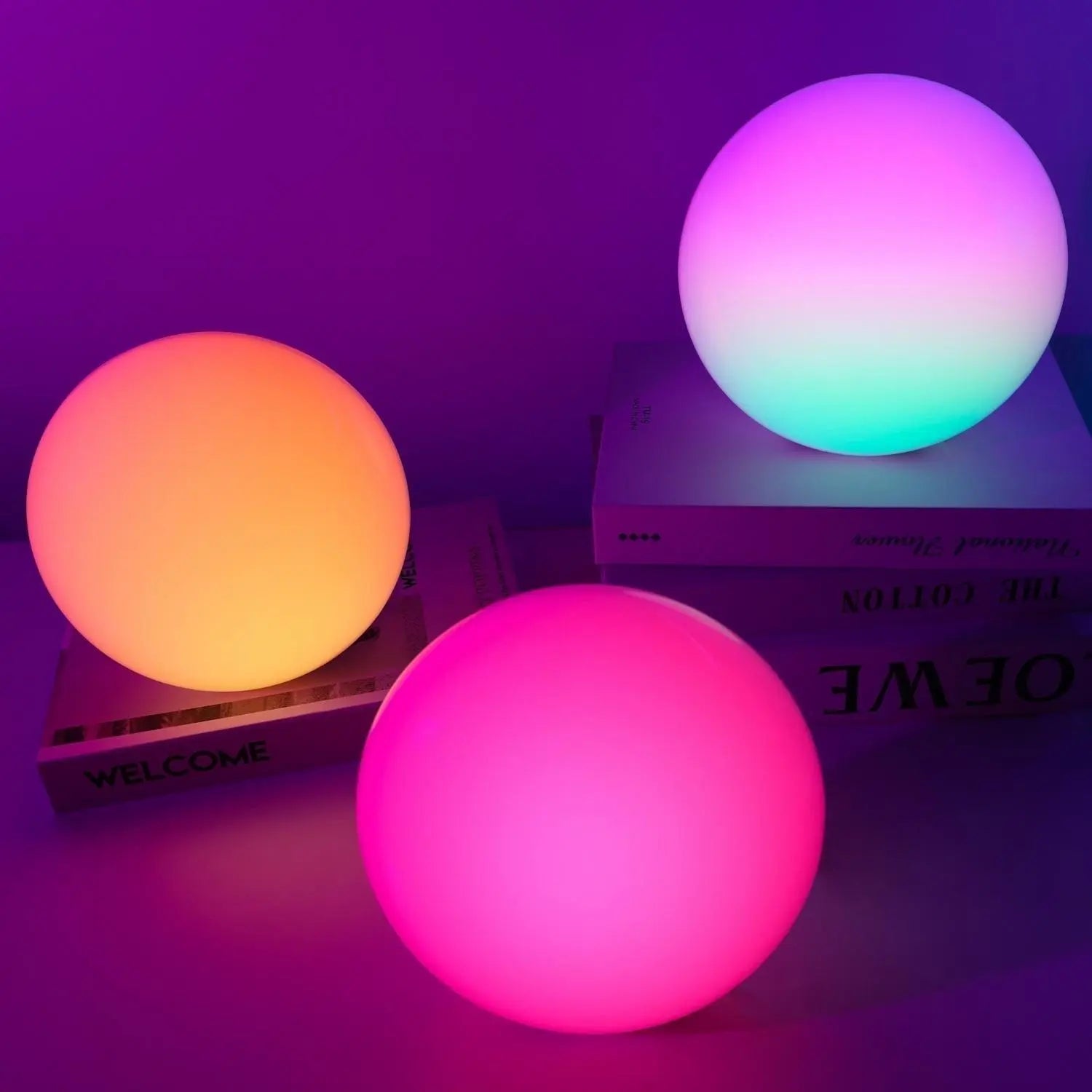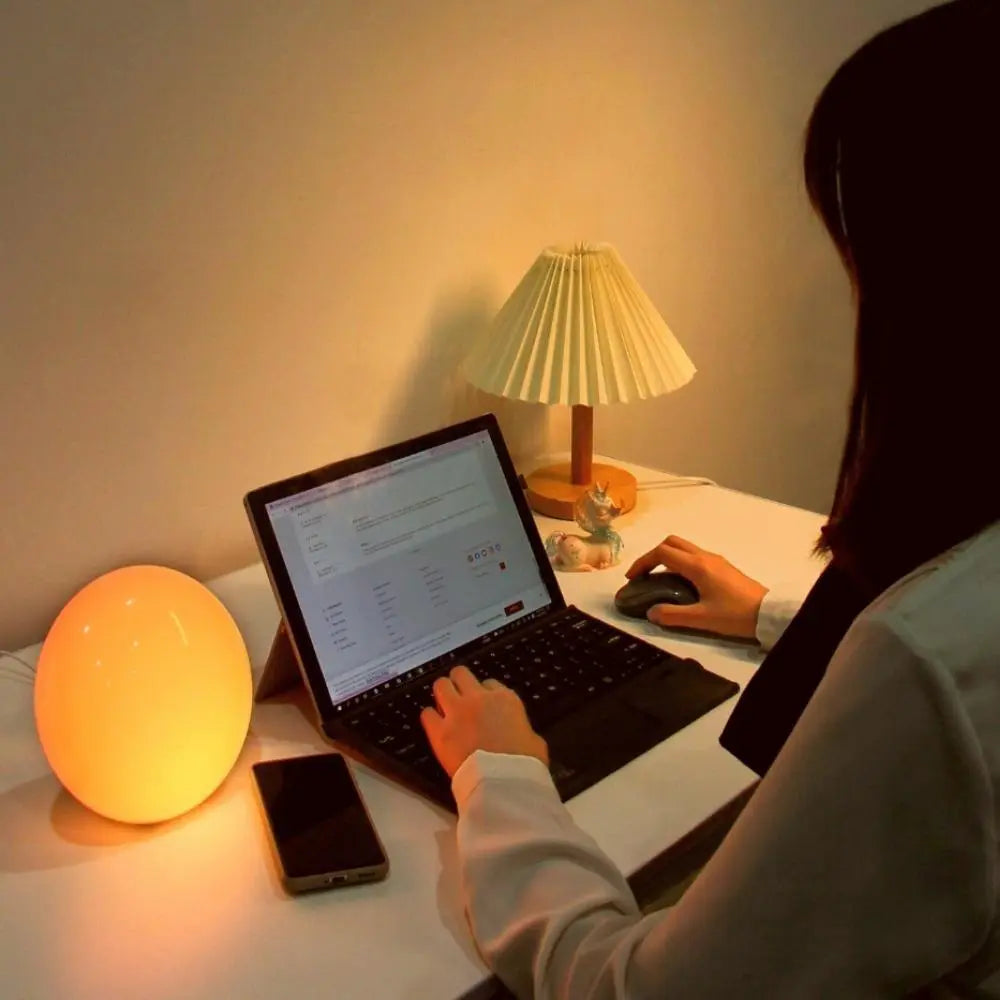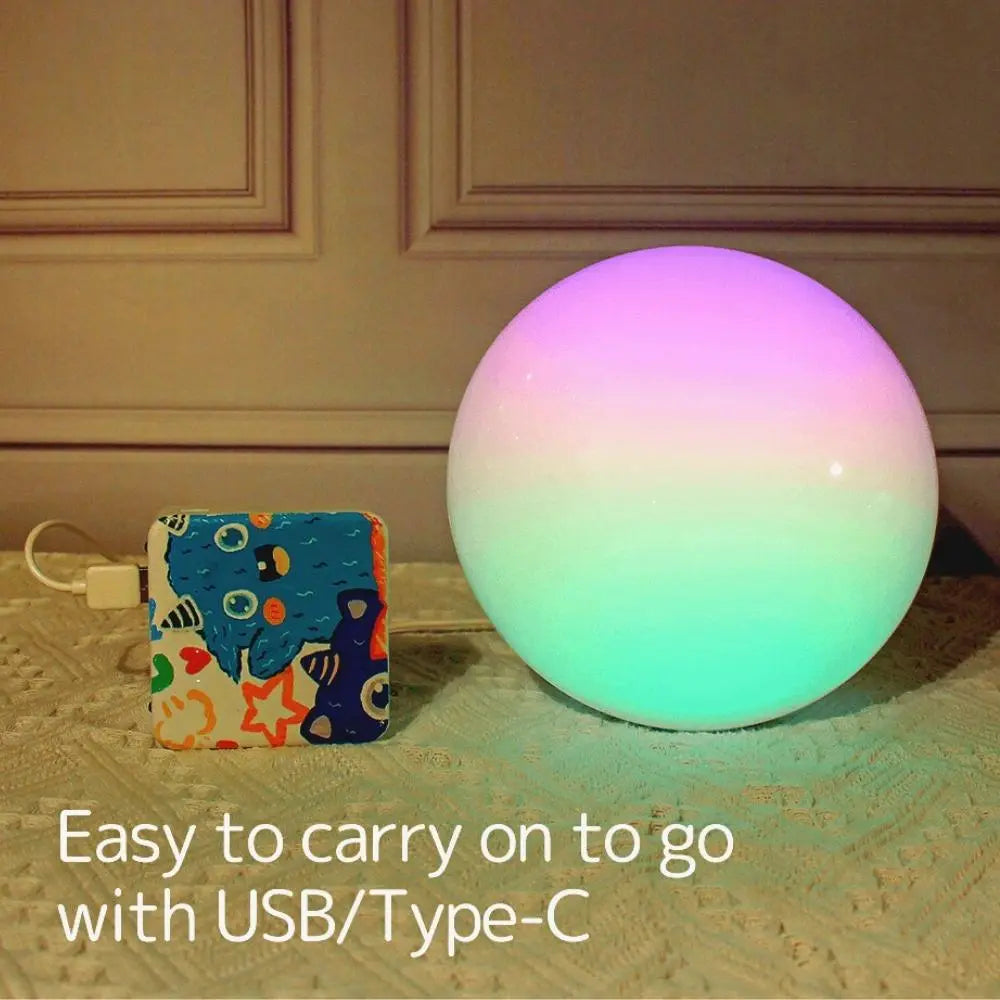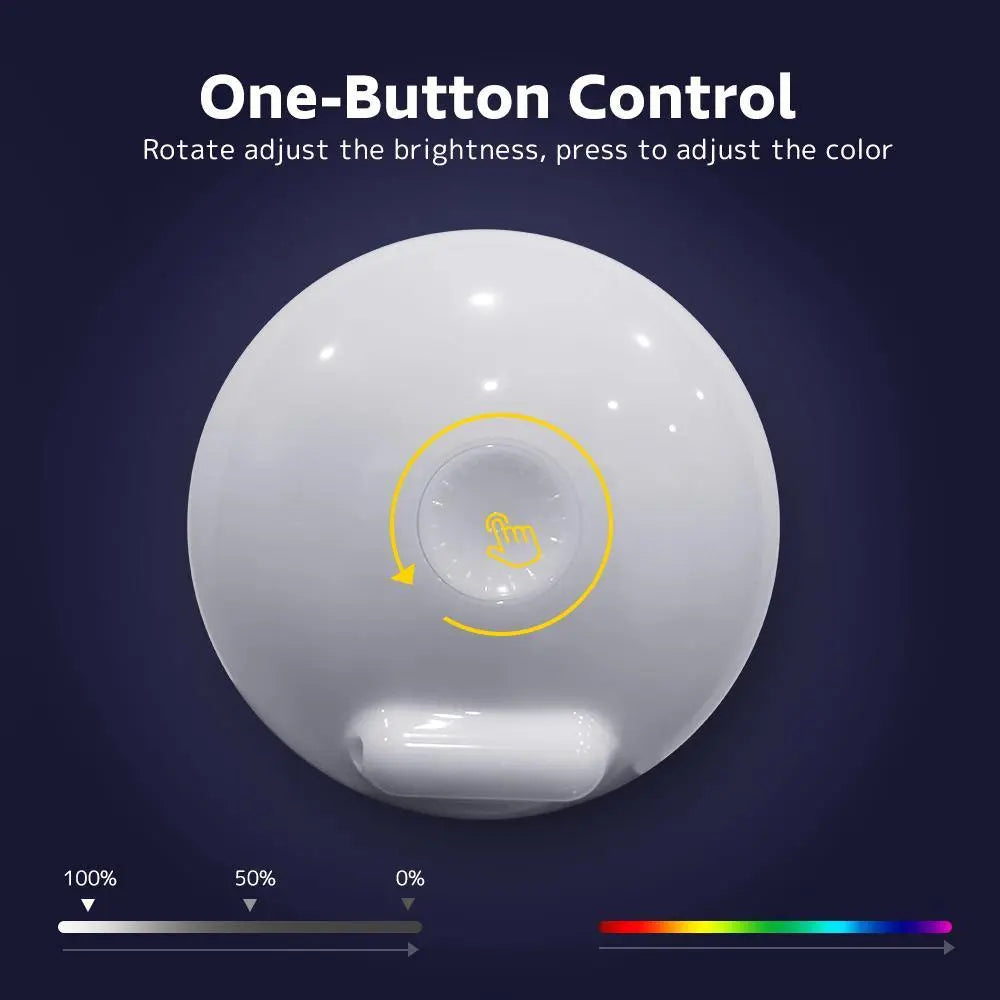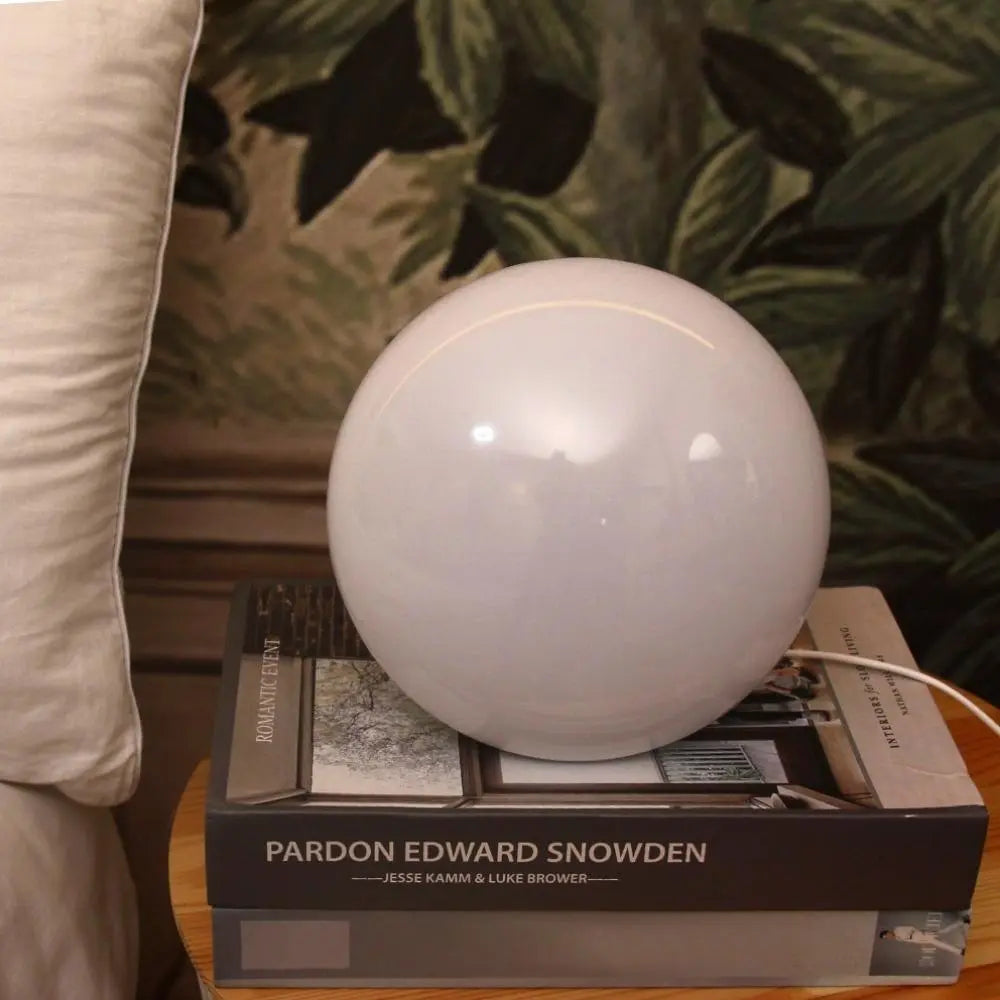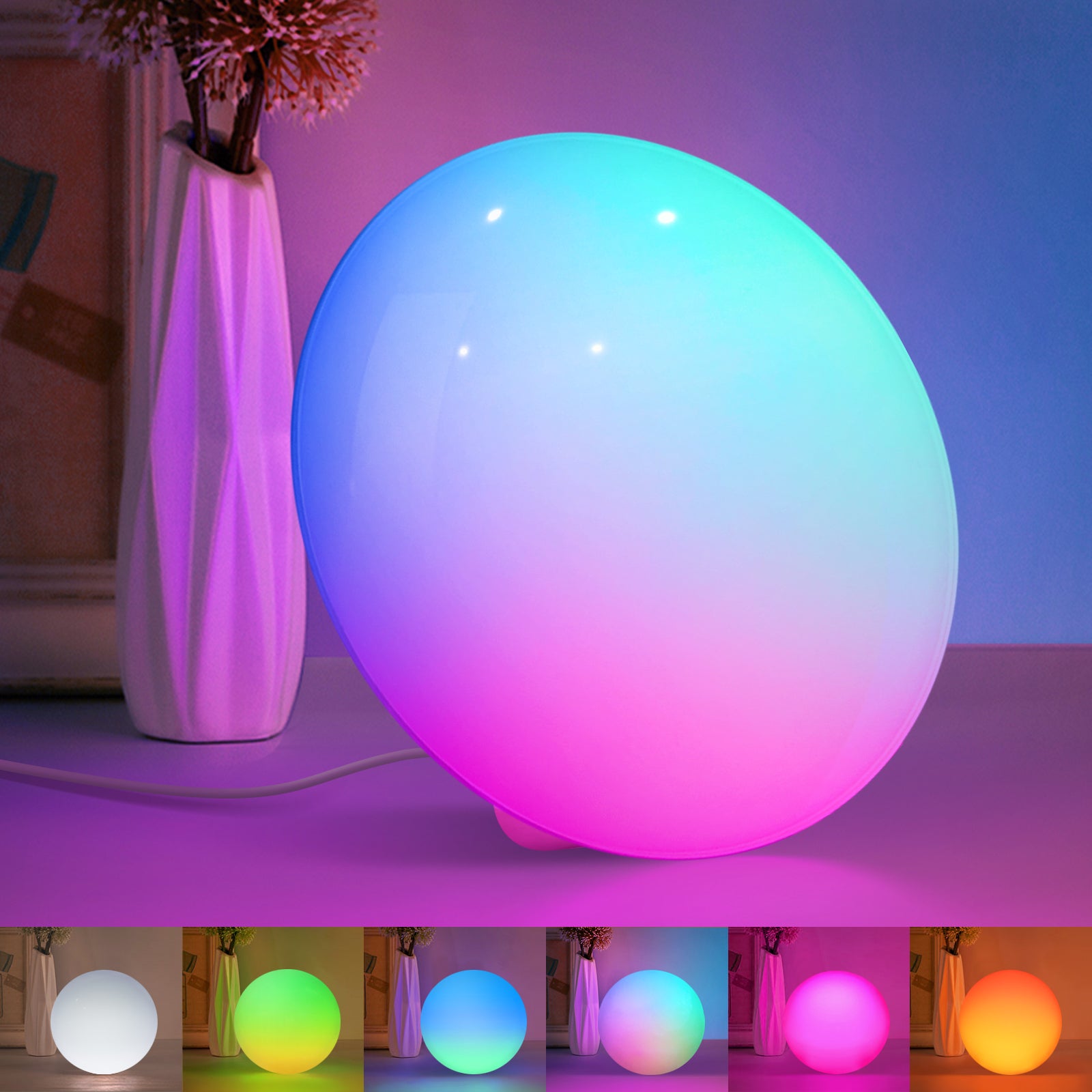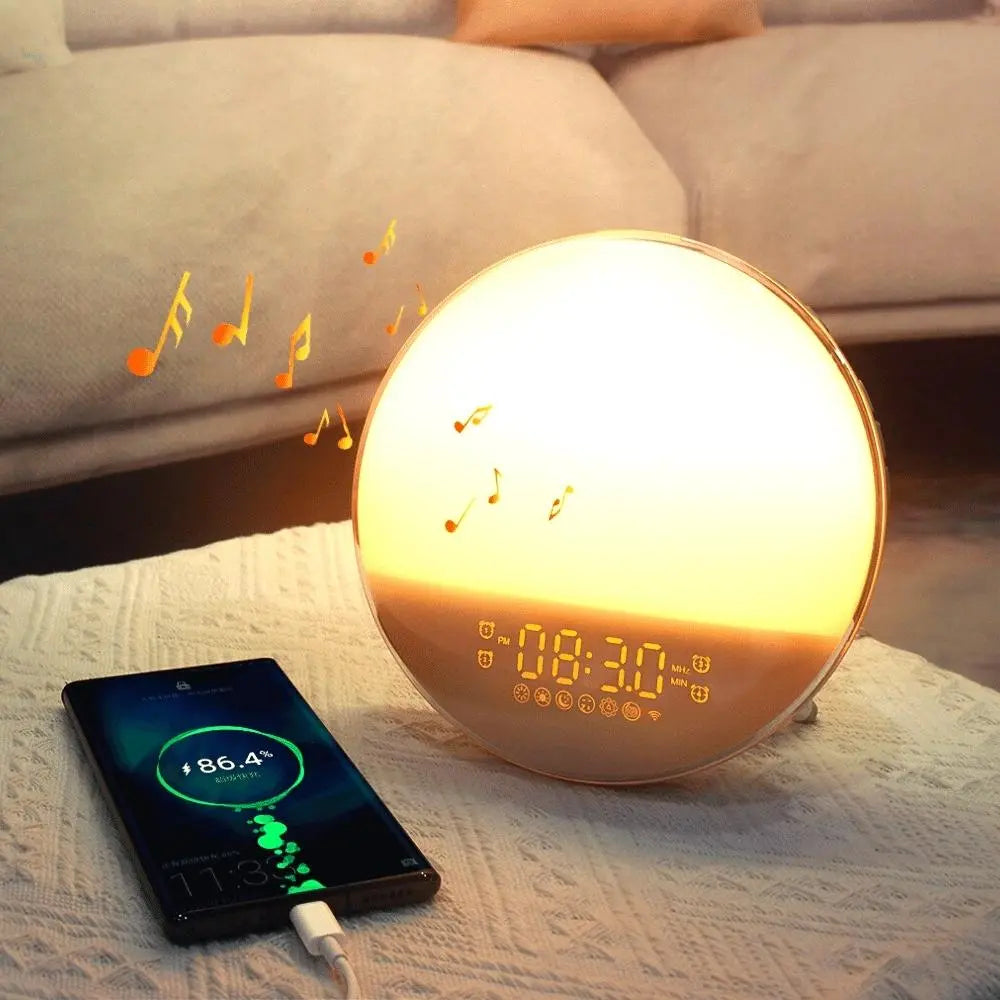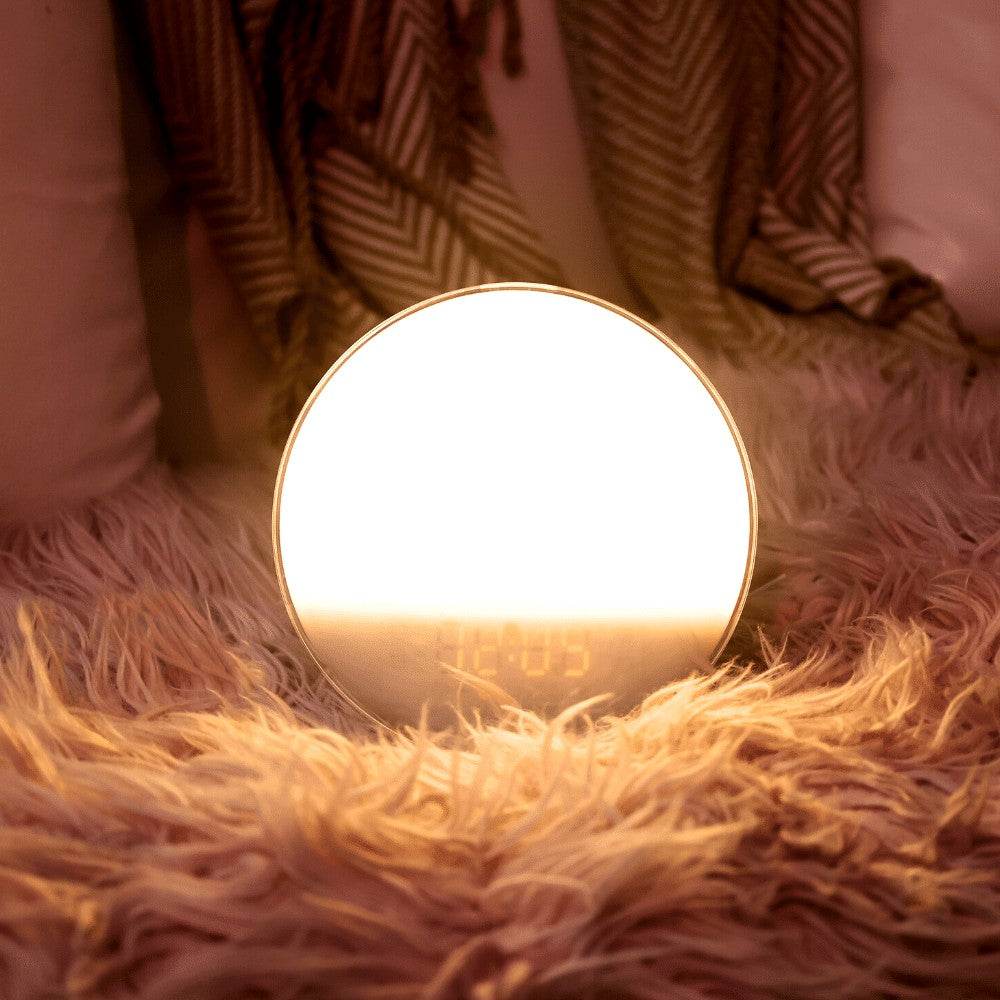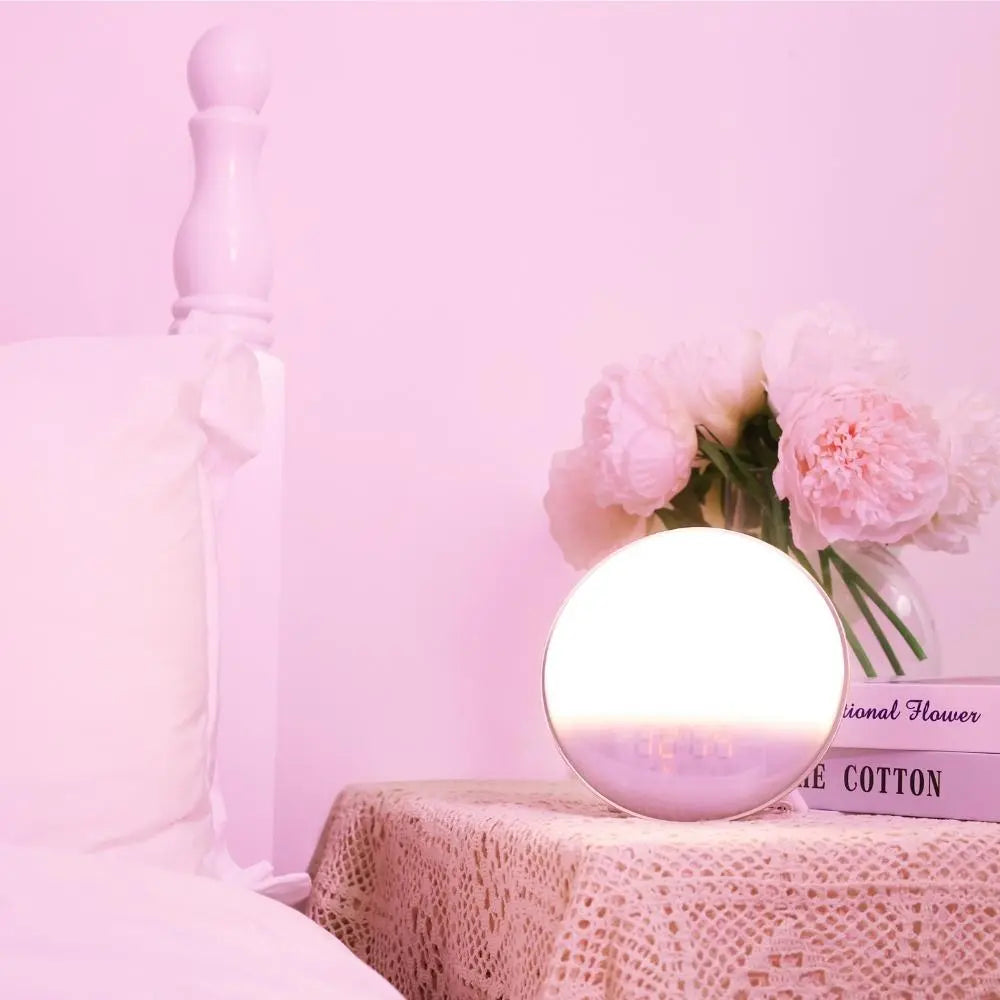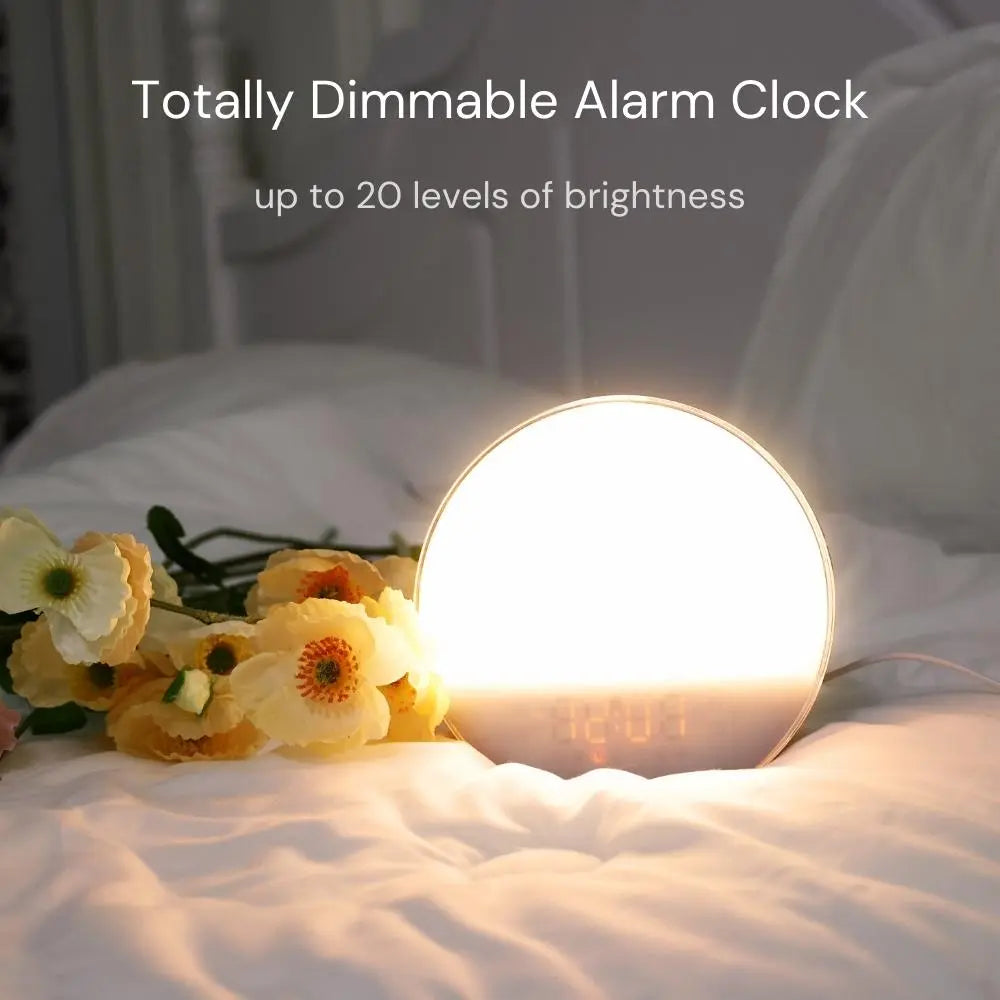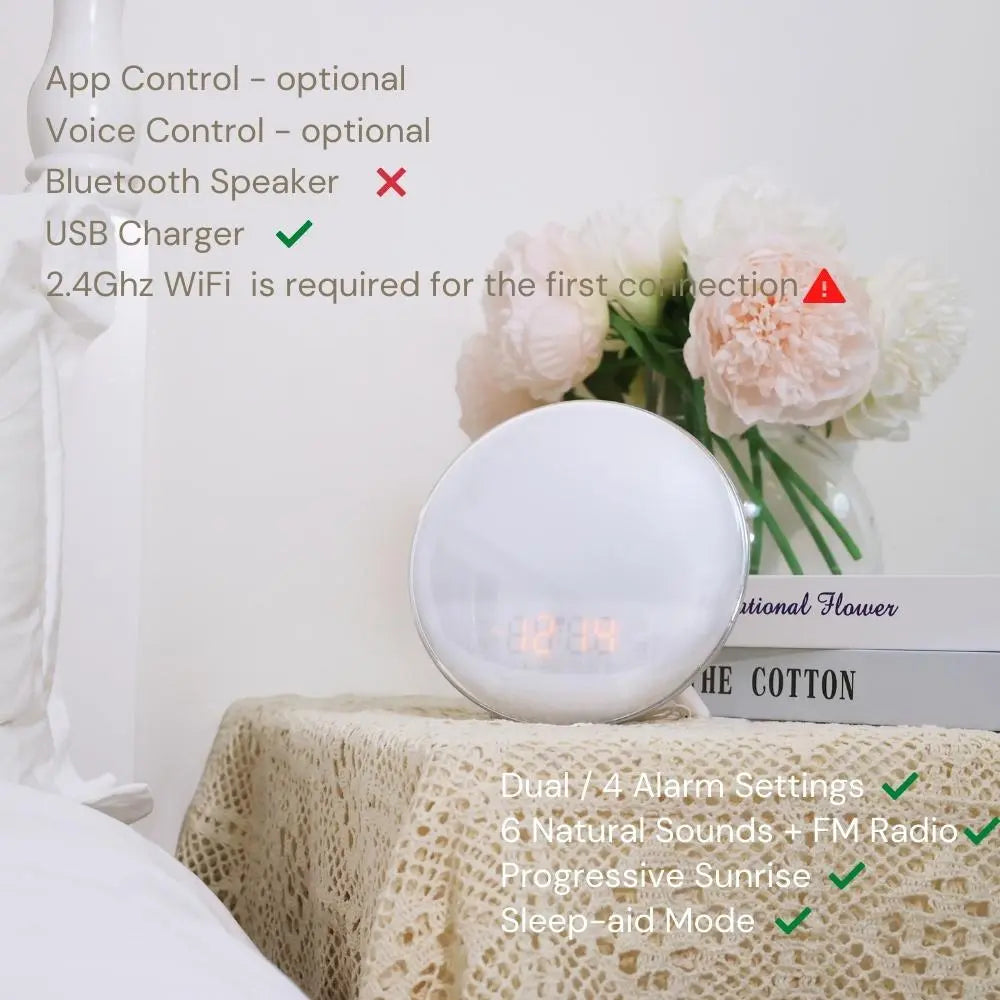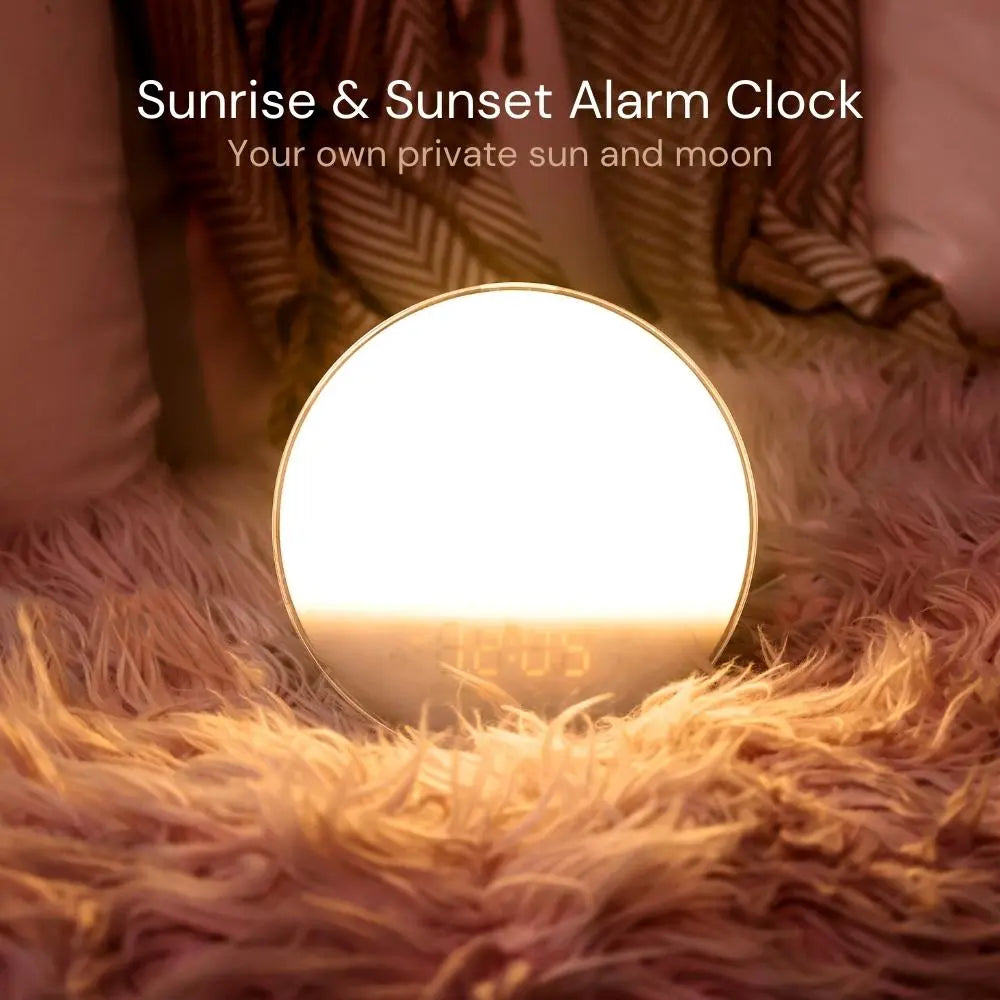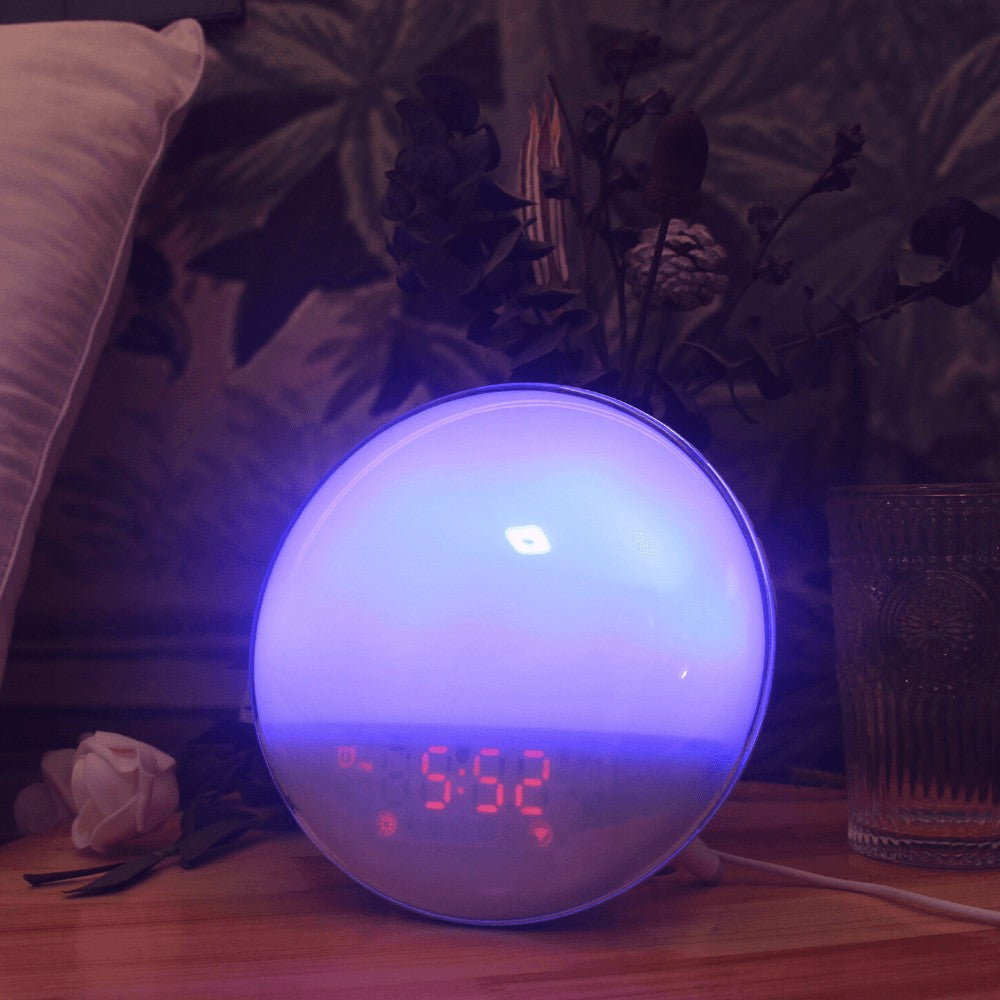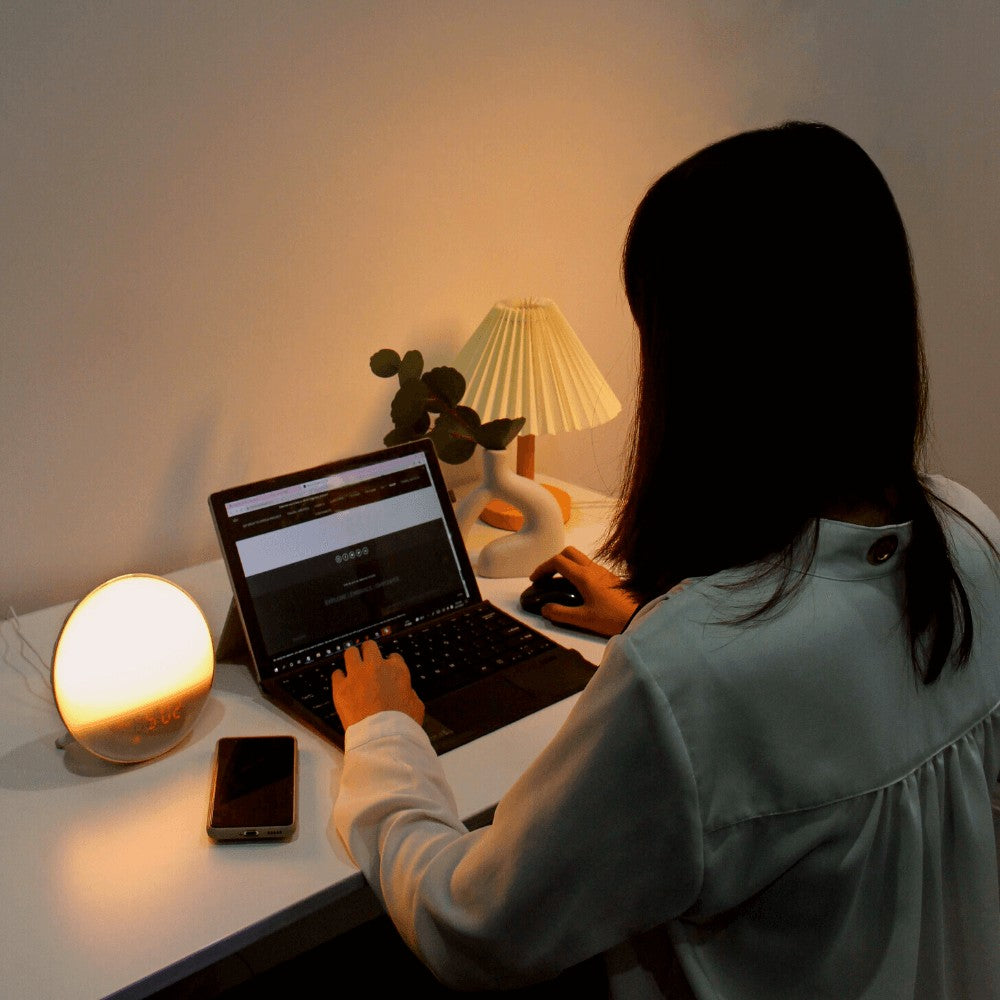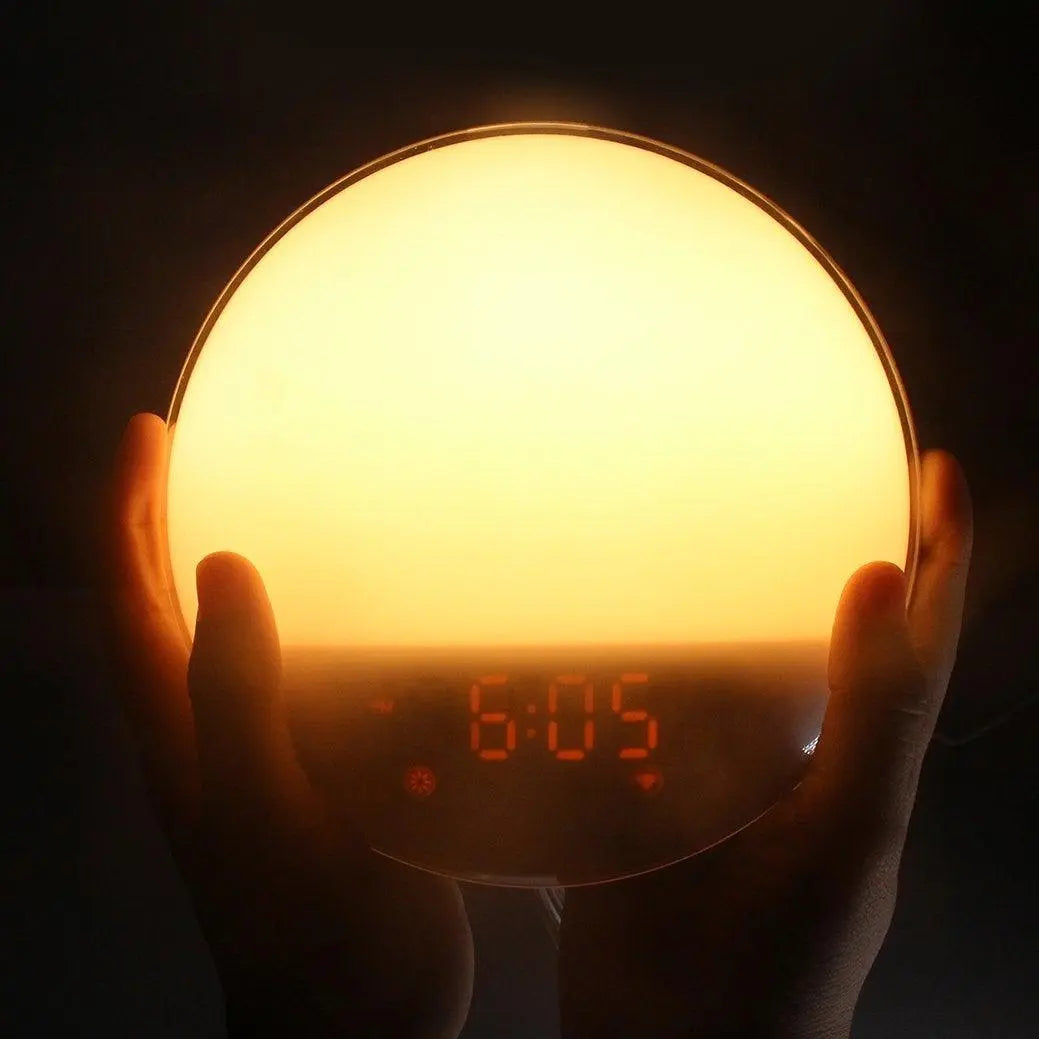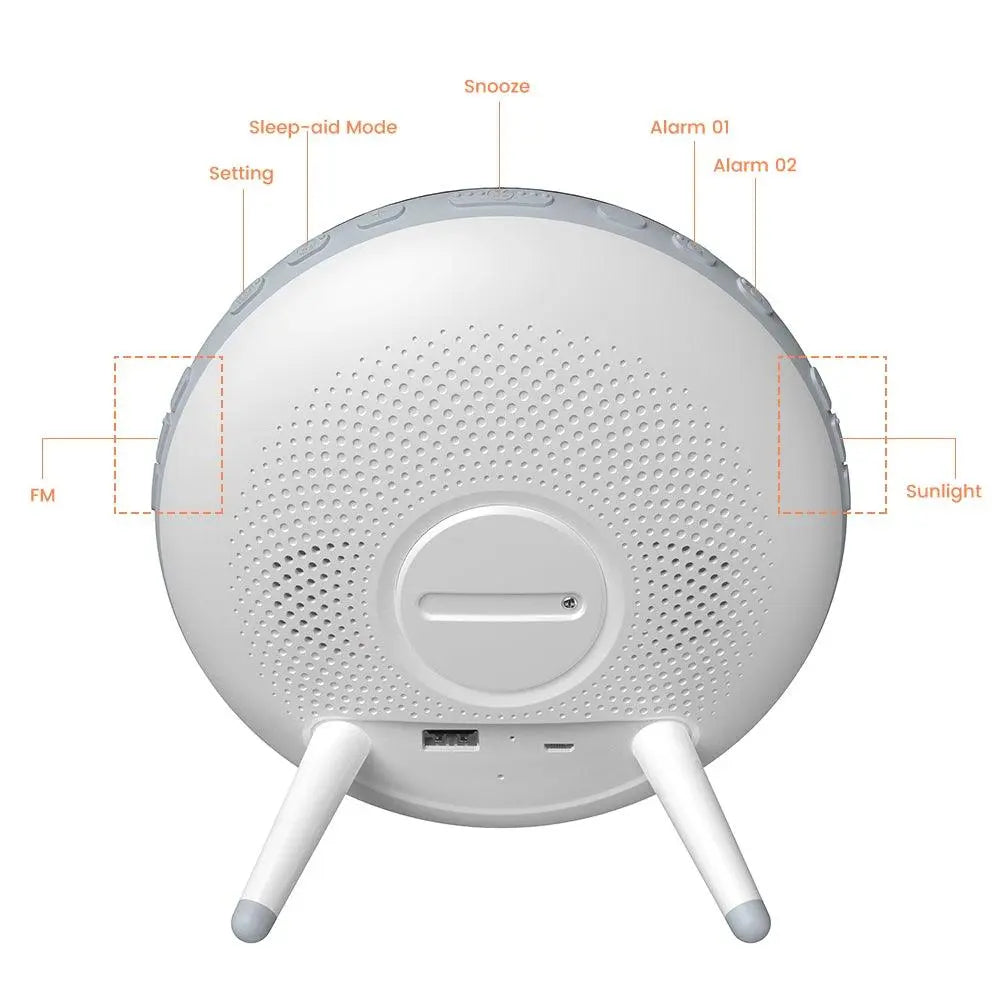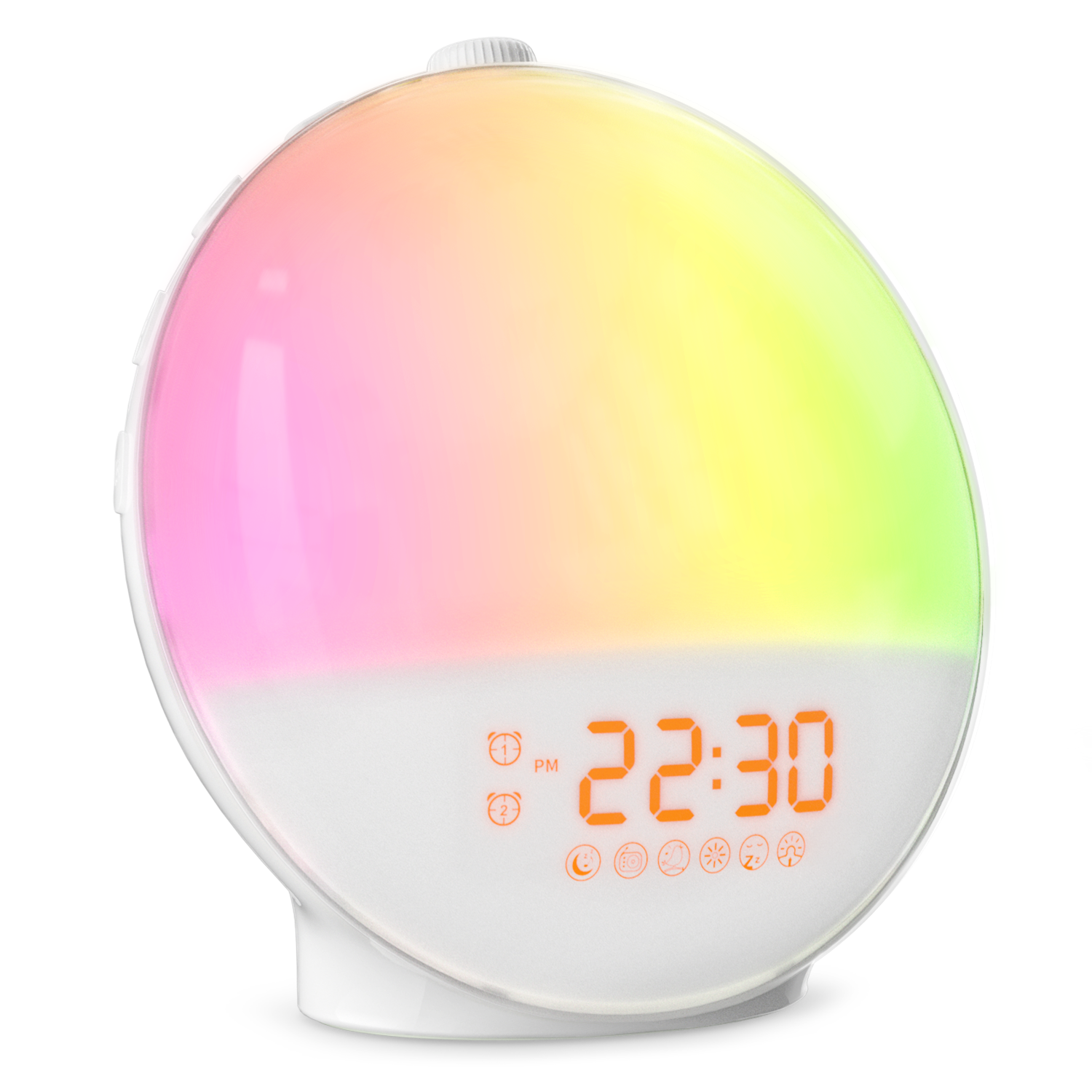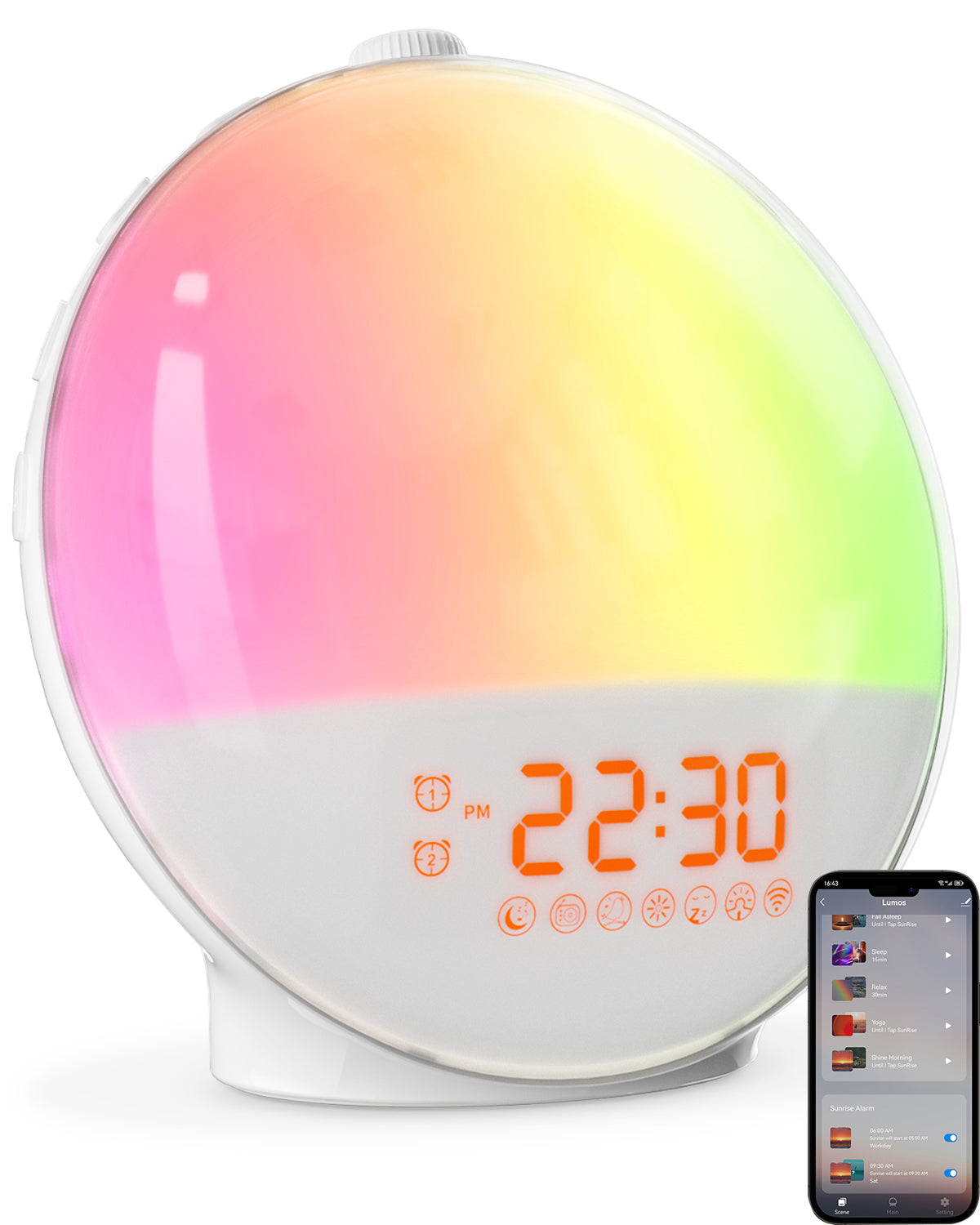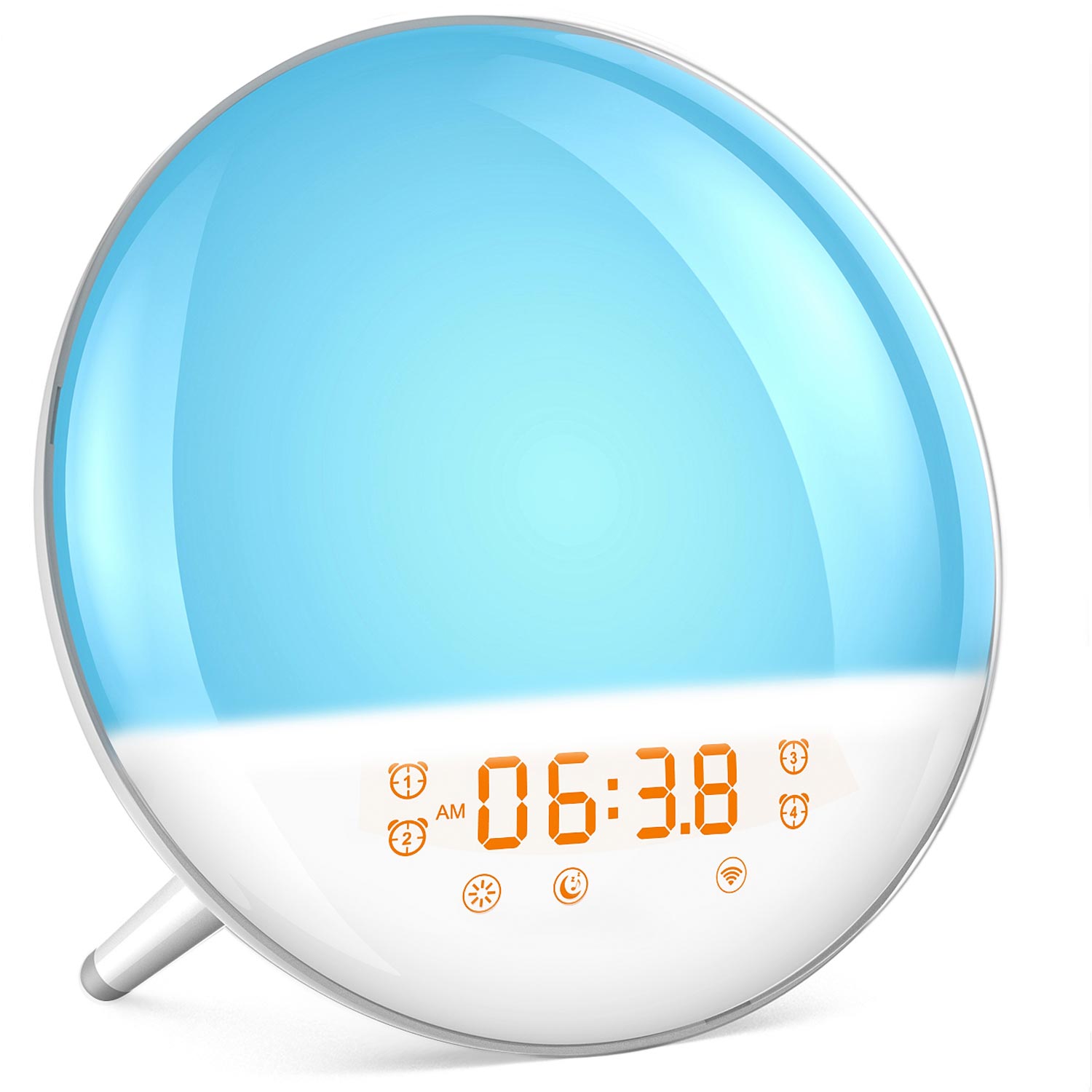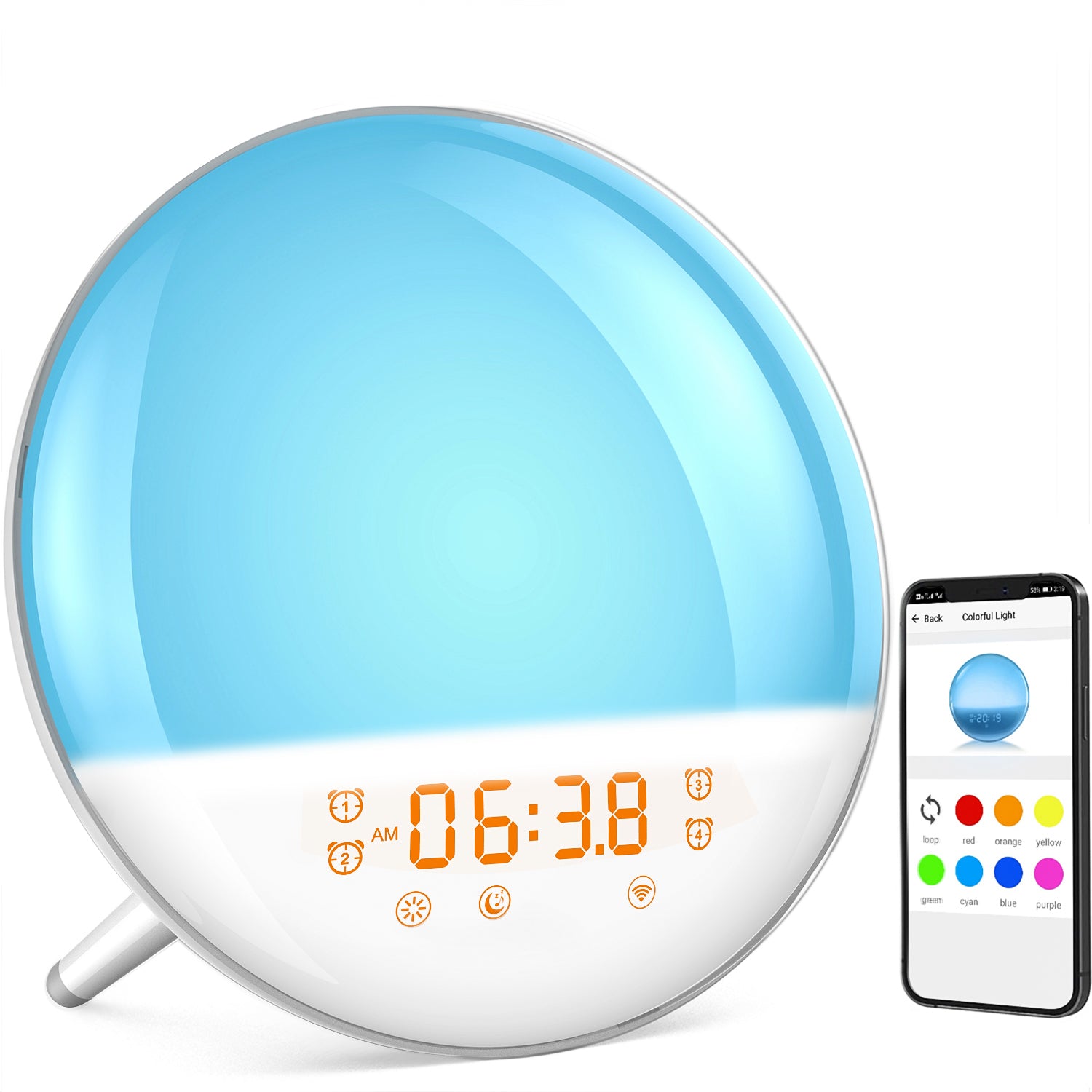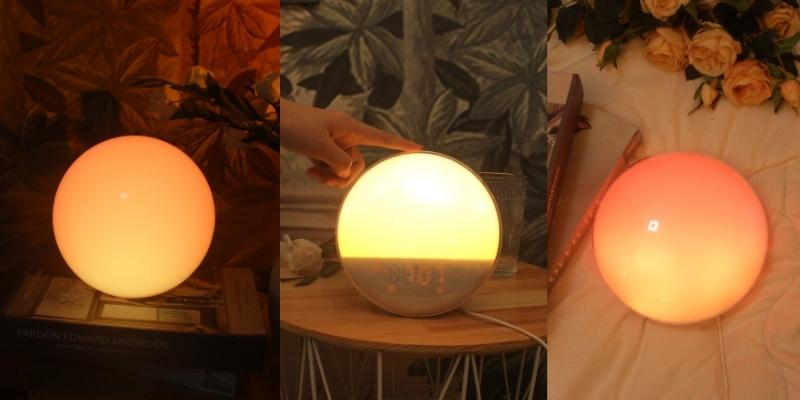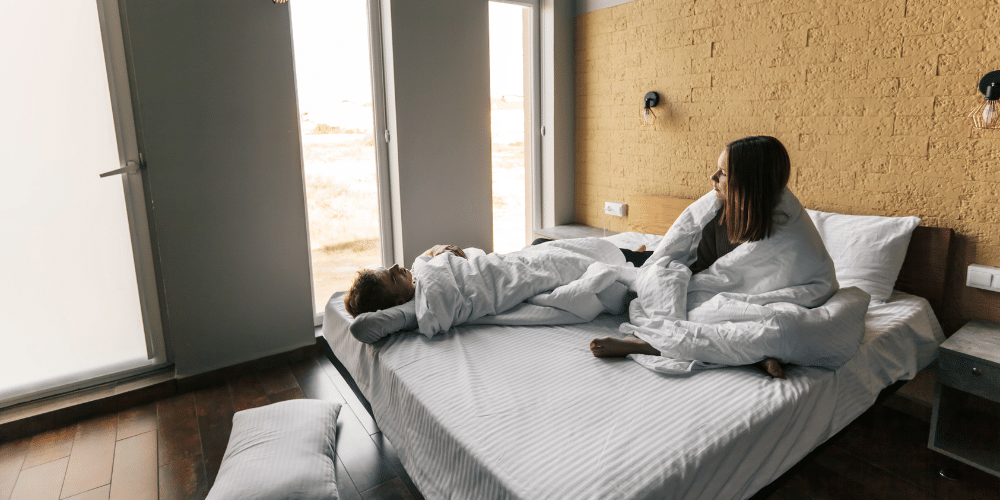Dec 12, 2021 | Dekala Editorial Team
For Mornings
The reason why people hard to roll out of bed in winter

Do you find it harder to roll out of bed in winter when the temperature drops and the mornings are darker?
In addition, do you have the following symptoms:
- Weight gain
- Overeating, particularly with a craving for carbohydrates
- Having difficulty concentrating
- Having low energy and feeling sluggish
- Social withdrawal (feeling like “hibernating”)
If so, you're not alone. Many people feel the same way you do during winter.
One possible explanation for having trouble getting up in the morning is your room is too darkness.
Melatonin is a hormone in your body that plays a role in sleep. The production and release of melatonin in the brain is connected to time of day.
Melatonin levels naturally rise during the early evening as darkness falls and continue to climb throughout most of the night, before peaking at approximately 3 a.m. The levels of melatonin then fall during the early morning and remain low during much of the day.

That is, darkness increases melatonin production, and the melatonin is central for maintaining the normal sleep-wake cycle.
The solution to this problem is actually quite simple, all you have to do is put a sunset lamp by your bed, the way it will simulate the light of sunrise can make even the darkest morning seem bright and cheerful, which is perfect for anyone who knows the pain of having to get up before dawn.
But, as I said at the beginning of my article,if you feel it harder to roll out of bed or has following symptoms, you may be struggling with SAD.
- Weight gain
- Overeating, particularly with a craving for carbohydrates
- Social withdrawal (feeling like “hibernating”)
- Having difficulty concentrating
- Having low energy and feeling sluggish
Seasonal affective disorder is a type of depression that's related to changes in seasons — SAD begins and ends at about the same times every year. If you're like most people with SAD, your symptoms start in the fall and continue into the winter months, sapping your energy and making you feel moody. These symptoms often resolve during the spring and summer months. Less often, SAD causes depression in the spring or early summer and resolves during the fall or winter months.
What causes SAD?
The specific cause of seasonal affective disorder remains unknown. Some factors that may come into play include:
Biological Clock (circadian rhythm)
The reduced level of sunlight in fall and winter may cause winter-onset SAD. This decrease in sunlight may disrupt your body's internal clock and lead to feelings of depression.
Serotonin levels
A drop in serotonin, a brain chemical (neurotransmitter) that affects mood, might play a role in SAD. Reduced sunlight can cause a drop in serotonin that may trigger depression. Deficits in vitamin D may exacerbate these problems because vitamin D is believed to promote serotonin activity.
Melatonin levels
The change in season can disrupt the balance of the body's level of melatonin. Melatonin help maintain the body’s daily rhythm that is tied to the seasonal night-day cycle. In people with SAD, the changes in serotonin and melatonin levels disrupt the normal daily rhythms. As a result, they can no longer adjust to the seasonal changes in day length, leading to sleep, mood, and behavior changes.
How is SAD treated?
Treatments are available that can help many people with SAD. They fall into four main categories that may be used alone or in combination:
- Light therapy
Since the 1980s, light therapy has been a mainstay for the treatment of SAD. It aims to expose people with SAD to a bright light every day to make up for the diminished natural sunshine in the darker months.
Research conducted in 2005 found bright light therapy lamps can be used to help treat a wide range of issues and disorders. For example, the research found exposure to bright light therapy in the morning helped patients manage sleep disorders, develop regular sleep cycles, and sleep through the night. - Psychotherapy
During psychotherapy, you learn about your condition and your moods, feelings, thoughts and behaviors. Psychotherapy helps you learn how to take control of your life and respond to challenging situations with healthy coping skills. It’s also has been adapted for people with SAD. - Antidepressant medications
Because SAD, like other types of depression, is associated with disturbances in serotonin activity, antidepressant medications called selective serotonin reuptake inhibitors (SSRIs) are also used to treat SAD when symptoms occur. These agents can significantly enhance patients' moods. Commonly used SSRIs include fluoxetine, citalopram, sertraline, paroxetine, and escitalopram. - Vitamin D
Because many people with SAD often have vitamin D deficiency, nutritional supplements of vitamin D may help improve their symptoms.
You May Also Like
Dekala Arkenstone™
Dekala Arches™
Dekala Prismatic™
Dekala Sunstone™
Related Posts
What Wake-up Lights are Best for Rising?
Do you wake up tired and lethargic? Then you need to get rid of traditional alarm clocks with loud ringing noises and switch to smart clocks that wake you up with peaceful sound and beautiful light.
The reason why people hard to roll out of bed in winter
Do you find it harder to roll out of bed in winter when the temperature drops and the mornings are darker? One possible explanation for having trouble getting up in the morning is your room is too darkness. That is, darkness increases melatonin production, and the melatonin is central for maintaining the normal sleep-wake cycle. If you feel it harder to roll out of bed or has following symptoms, you may be struggling with SAD.
Brighten Up Your Inbox
Join our newsletter










